Sometimes nicknamed the “Turkish pizza”, Kiymali Pide is a deliciously flavored baked pie. It’s a sort of flatbread topped with ground meat and shaped as a long and narrowboat, with folded dough edges. The pide is a great classic in Turkey and can be found in oriental and popular restaurants. It is also served in various social activities such as family or friends’ gatherings, funerals, and other celebrations, … To try this delicious Turkish Pide, here’s a detailed recipe to make at home where everyone can join in.
Origin and history
Pide is a traditional staple Turkish dish. The word “pide“, pronounced “pee-deh” in Turkish, is related to pita, ultimately from Aramaic meaning simply “bread”.
The exact origin of Pide is unknown but it has a traditional and cultural meaning in all regions. Some say that the Ottomans ate a pide-like bread called tokalak, while others claim that the dish was invented in the Twenties as a way of economizing ingredients in war-torn Turkey. Most agree that pide originated in the Samsun area, possibly in the town of Bafra, and that it can be as simple as a sesame seed-sprinkled flatbread.
In Turkey, the word pide may refer to two different styles of bread:
- The pide ekmeği (“pide bread”), which is a flatbread, thicker than the İçli pide and similar to “Pita” eaten in Greece and Arab countries. It’s used to wrap various styles of kebab and is offered in the vast majority of restaurants in Turkey. From the dough of pide ekmeği, other flatbreads are made like Tirnaklı pide, meaning “nail pide” in Turkish, which is decorated with the fingertips before cooking, and Ramazan pide, round white bread with sesame seeds, generally served during the period of Ramadan.
- The İçli pide, meaning “stuffed” or “garnished pide”, a pizza-like dish where the filling (cheese, ground meat, or other fresh or cured meats, and/or vegetables) is placed on the (often boat-shaped) dough before baking. Regional variations in the shape, baking technique, and toppings create distinctive styles for each region, resulting in different names for the pide: Kıymalı pide (with ground beef), Kaşarlı pide (with cheese), Kavurmalı pide (roasted), Ispanakli pide (with spinach), Sujuk pide (with sausage), Sarmısaklı pide (with garlic), Tahinli pide (with tahini)…
The Kiymali Pide (which means in Turkish flatbread with ground meat) is one of the most popular snacks and slow-cooked “fast food” in Turkey. It’s often confused with lahmacun, another popular Turkish dish. Just as Pide, Lahmacun is a flatbread with ground meat topping, but it is thinner, has a round shape, and is served rolled like a wrap, while Pide is oval in shape, thicker and is served in slices.
Tips and notes
The Kiymali Pide is typically topped with ground meat and onion, but feel free to add what you like. Some other toppings ideas are:
- Turkish kasar (cheddar) cheese and spinach;
- Cheese and pastrami (Turkish dried beef);
- Cheese and Turkish spicy sausage (sucuk);
- Feta and spinach;
- Cheese and chicken;
- ….
For a gluten-free version, you can easily substitute the flour with rye, barley, or gluten-free baking flour.
If you don’t have a long, flat paddle to transfer the pide from the work surface to the oven, don’t arrange the filling onto the pide dough whilst it is still on the work surface. So, lightly grease your baking tray and place your pide dough directly onto it laying it along the edge. Then add your filling. Leave a gap around the edges and fold these over once you’ve arranged the filling.
You can easily make individual Pides instead of 5 large ones by dividing the dough into 20.
If you don’t want to use your pide dough all at once, you can keep it in the fridge for a couple of days. Although, the dough will continue to prove.
The pide is traditionally cooked in stone ovens, which gives it an inimitable taste.
Serving
A good Turkish pide is perfect just by itself. In a pide restaurant, it’s traditionally sliced into diagonal slices. You can also accompany it with a green salad or roasted vegetables.
Variants
- khachapuri;
- Pita;
- Lahmacun;
- Princesi;
- …

Turkich Kiymali Pide
Ingredients
Dough
- 400 g flour (2½ cups)
- 14 g active dry yeast (1 tbsp)
- 15 g sugar (1 tbsp)
- 6 g salt (1 tsp)
- 250 ml water (1 cup)
- 30 ml olive oil (2 tbsp)
Topping
- 350 g ground beef
- 1 onion, diced
- 2 cloves of garlic
- 1 green bell pepper, diced
- 2 tomatoes, diced
- 15 ml olive oil (1 tbsp)
- 15 ml lemon juice (1 tbsp)
- 15 g tomato paste (1 tbsp)
- 6 g salt (1 tsp)
- 6 g paprika (1 tsp)
- 6 g cumin (1 tsp)
- 3 g black pepper (½ tsp)
Egg wash
- 1 egg
- 15 ml olive oil (1 tbsp)
Instructions
Preparing the dough
- Add the active dry yeast and sugar to ½ cup of warm water and set aside for 5 minutes.
- Mix the flour and salt and make a well in the middle, then add the yeast mixture with olive oil.
- Add slowly the remaining water and knead for 3-5 minutes.
- Leave it to rest for 1 hour.
Preparing the topping
- Wash and dice all the vegetables (onion, pepper, tomatoes, and garlic).
- Heat 1 tbsp of olive oil over medium heat.
- Add the onion, garlic, and bell pepper then sauté for 2-3 minutes.
- Add tomatoes and tomato paste and cook for another 2-3 minutes.
- Add lemon juice, salt, cumin, paprika, and black pepper.
- Cook for 1 minute, then turn off the heat.
- Mix the cooked vegetables with ground meat.
Forming the pide
- Deflate the dough and knead for 1 minute.
- Divide the dough into 5 pieces. (or 20 pieces for mini-pide).
- Roll each piece into an oval shape (boat-like) of 10x20cm (4x8in) with a tickness of 0.5cm (0.2in).
- On a baking sheet, lay the oval shaped dough and spread the topping, leaving 2.5 cm (1in) in the edges.
- Fold in the sides and twist the ends of the pide to make it pointy.
Cooking and serving
- Prepare an egg wash by beating together 1 egg with 1 tbsp of olive oil.
- Brush the edgs of the pide with the egg wash.
- Bake for 25-30 minutes at 180°C (356°F).
- Cut in slices and serve warm.
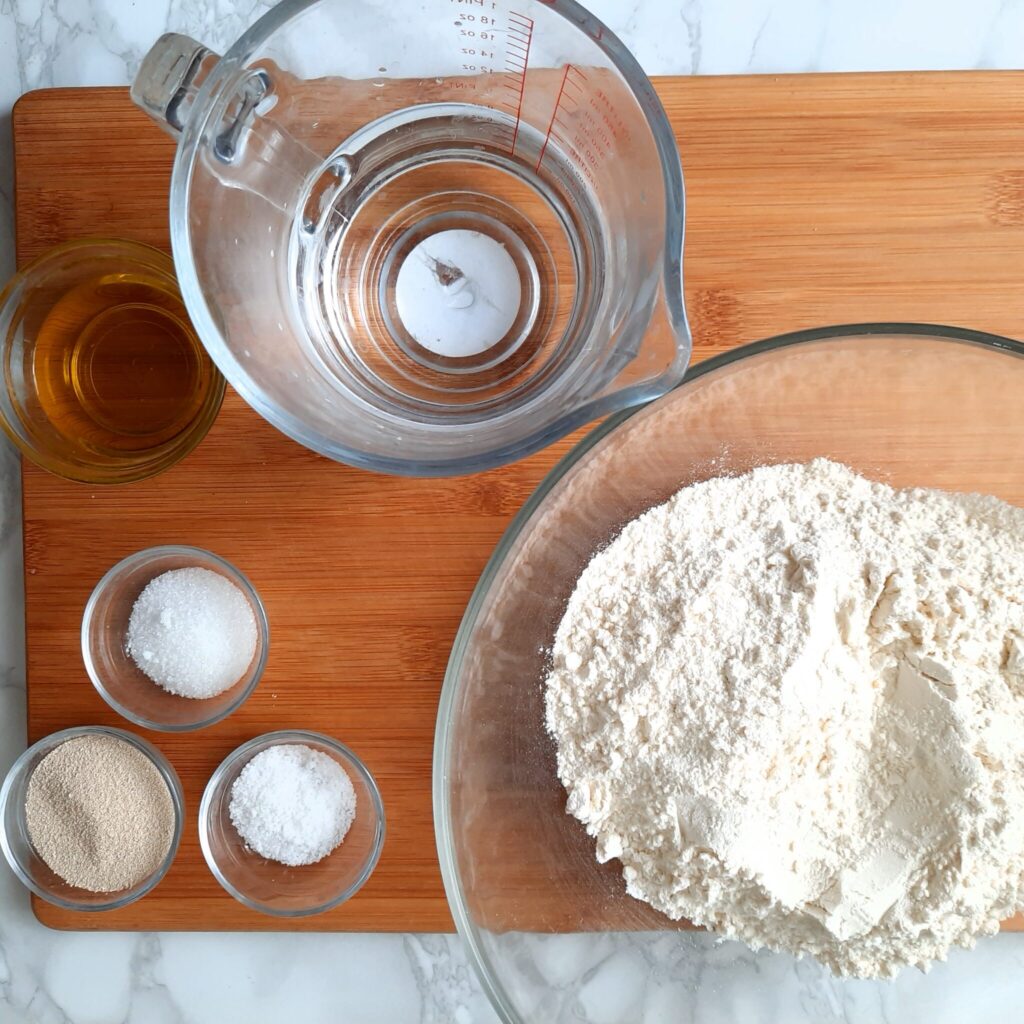
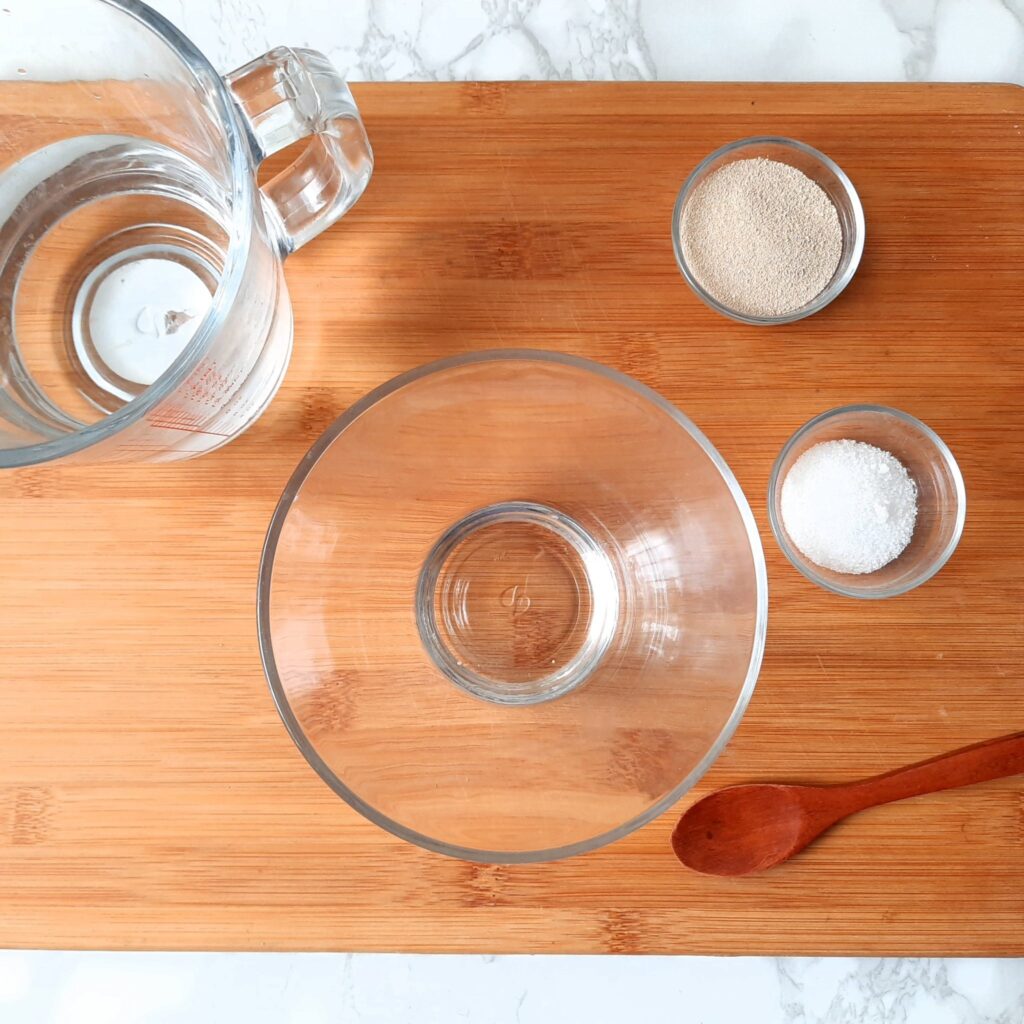
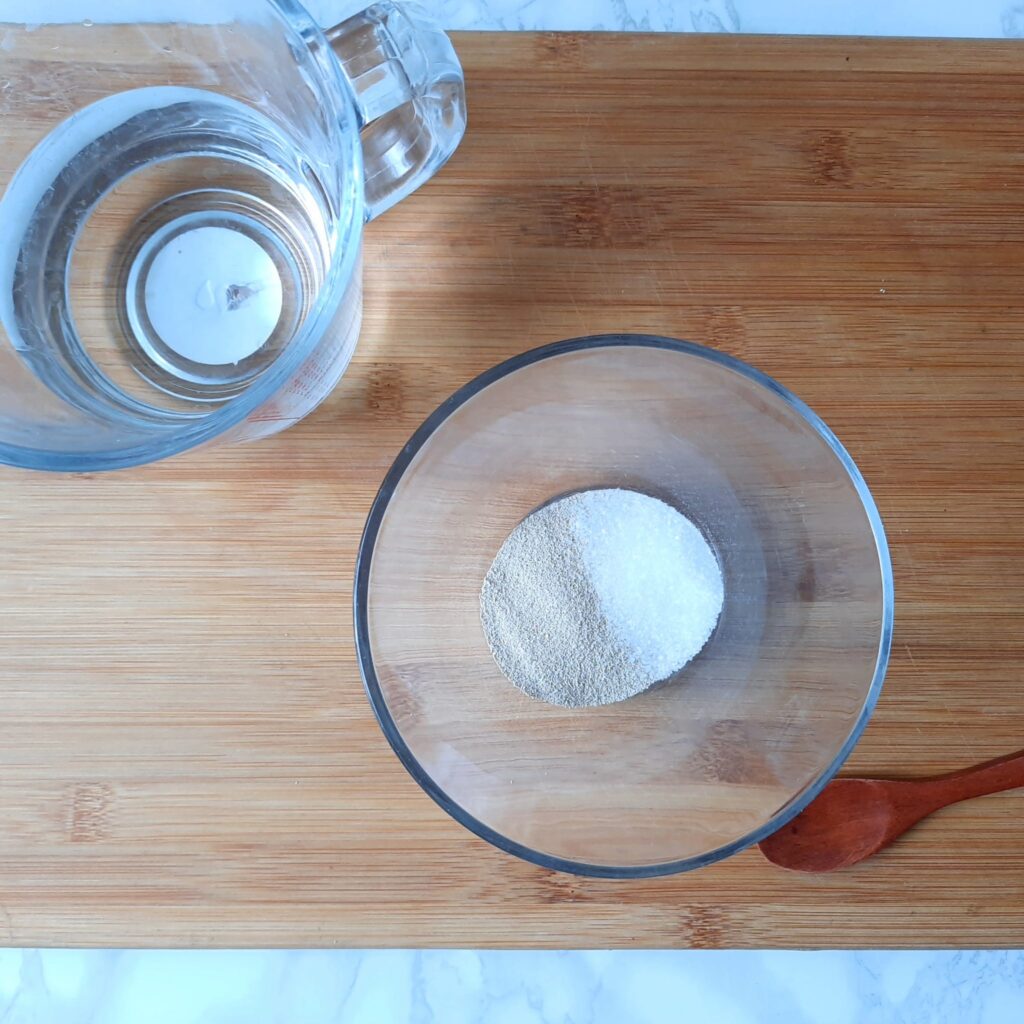
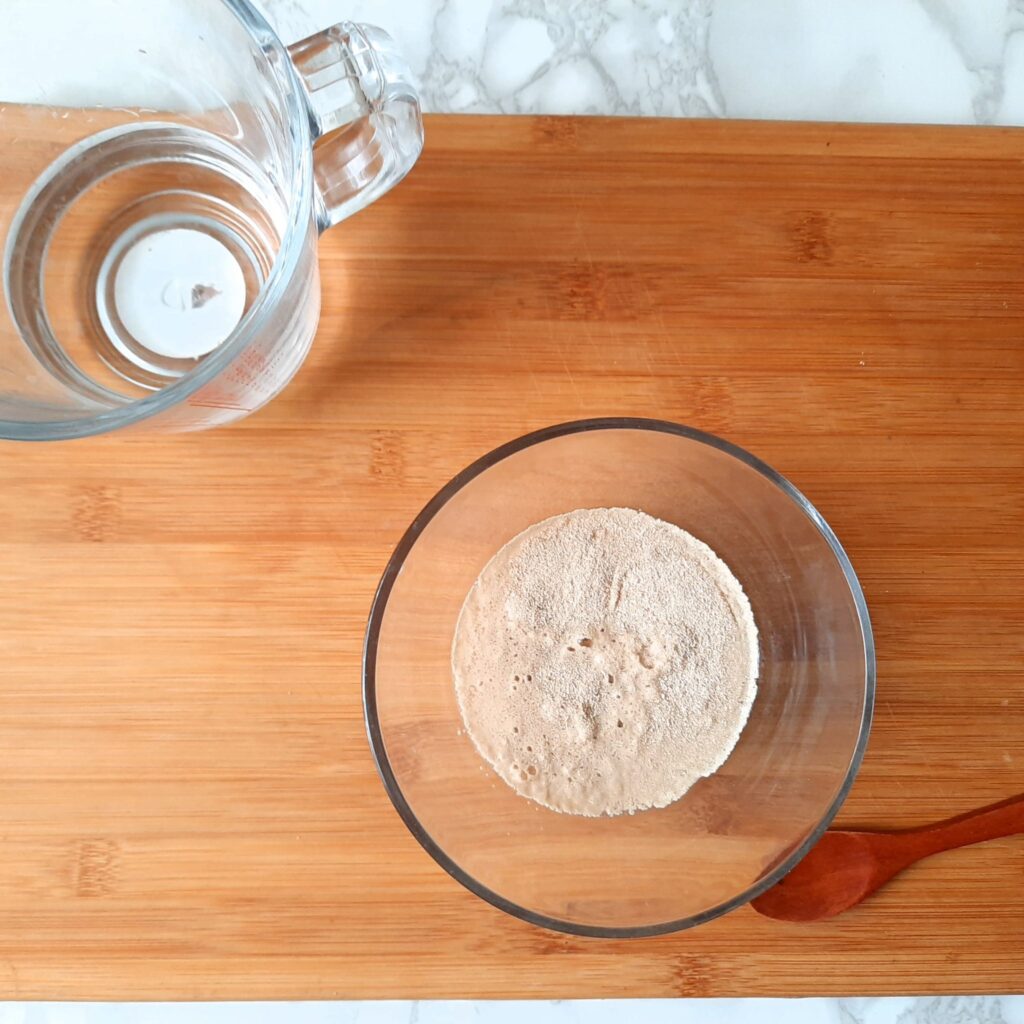
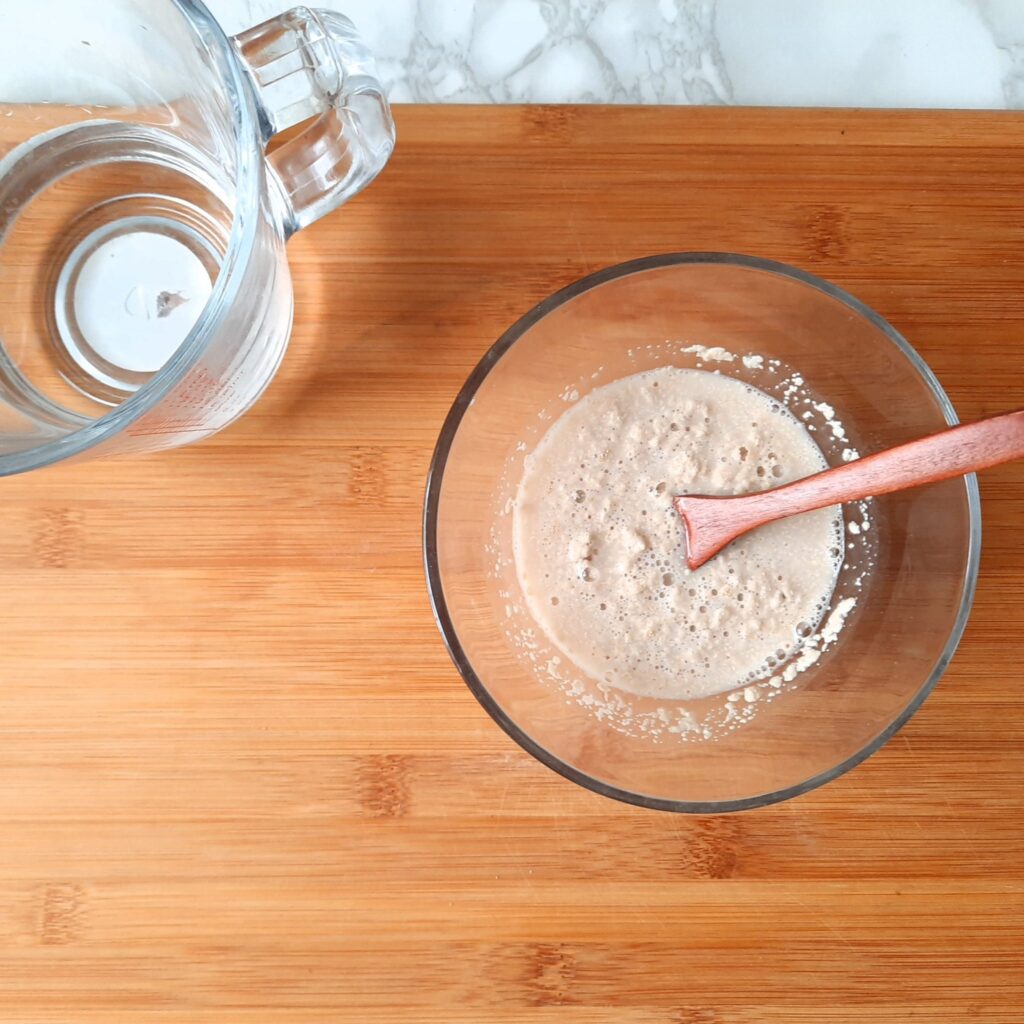
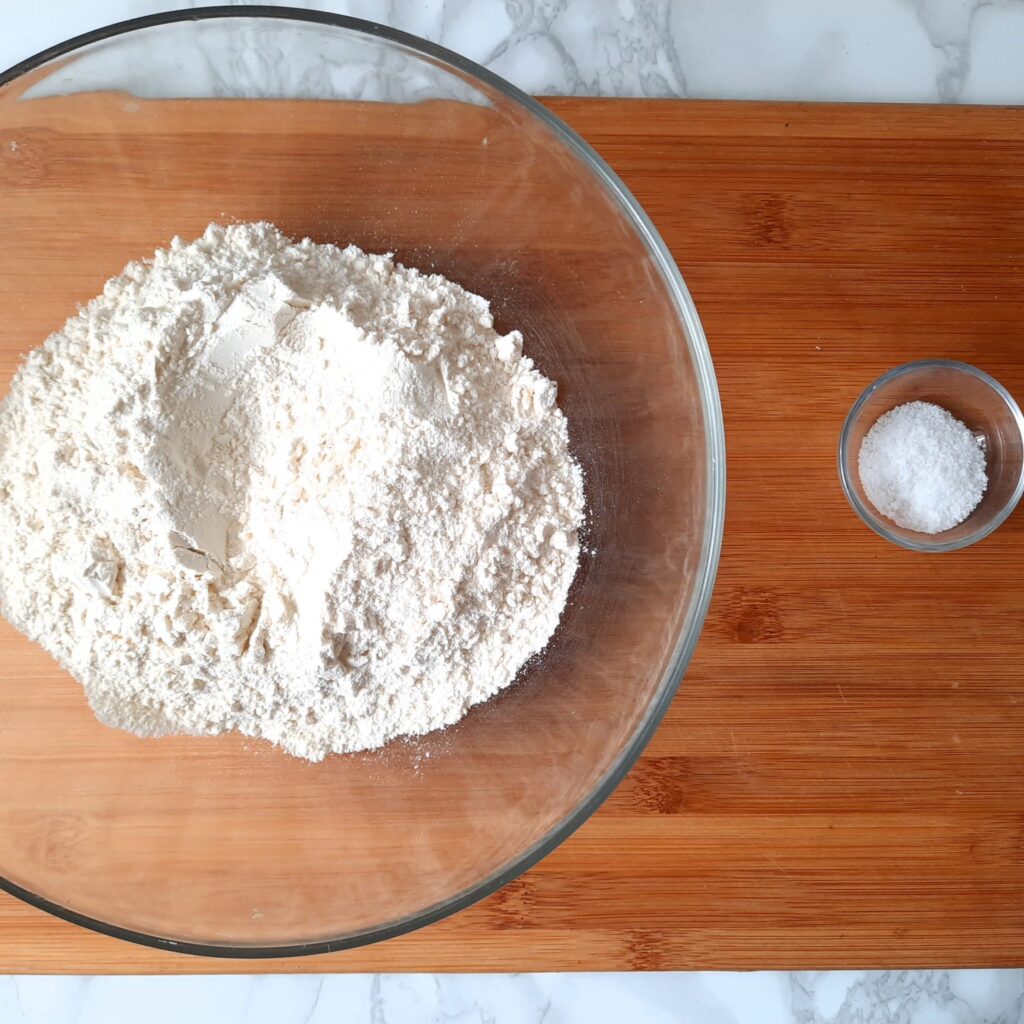
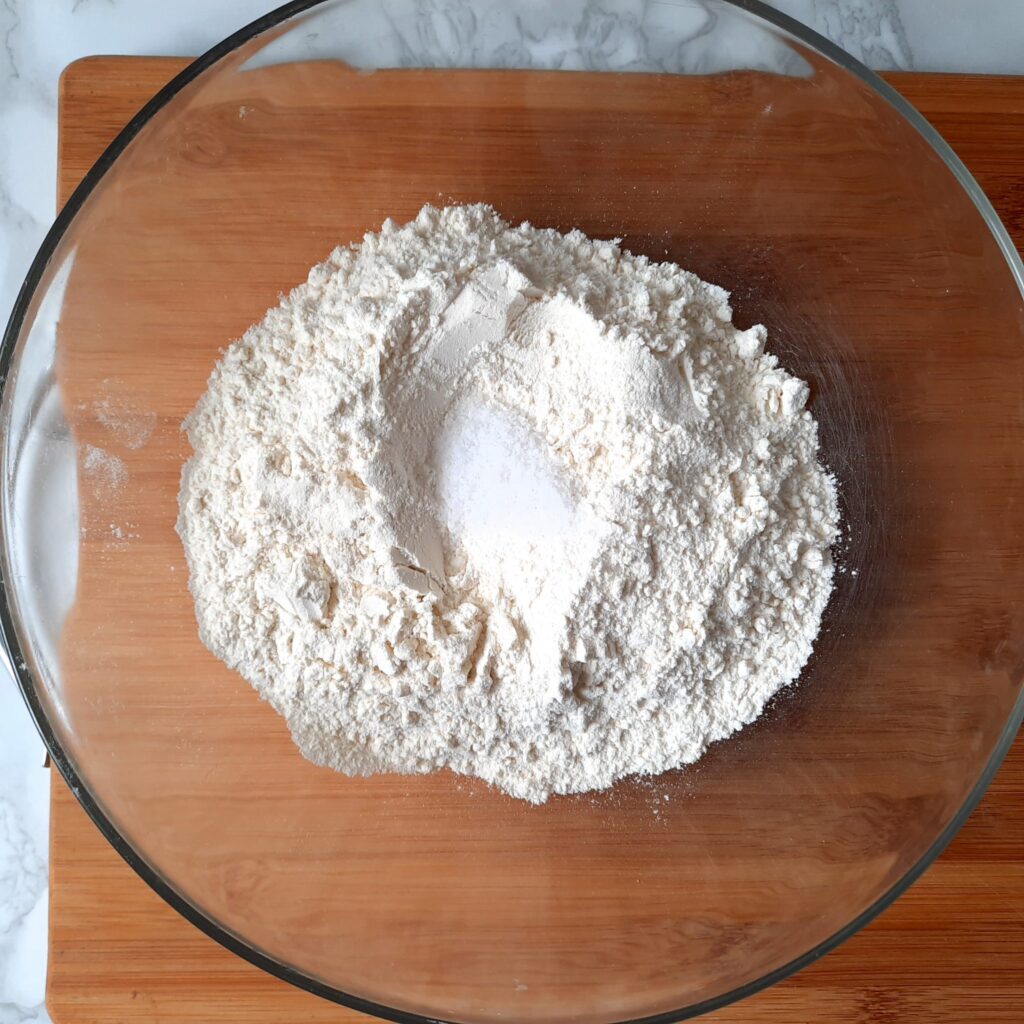
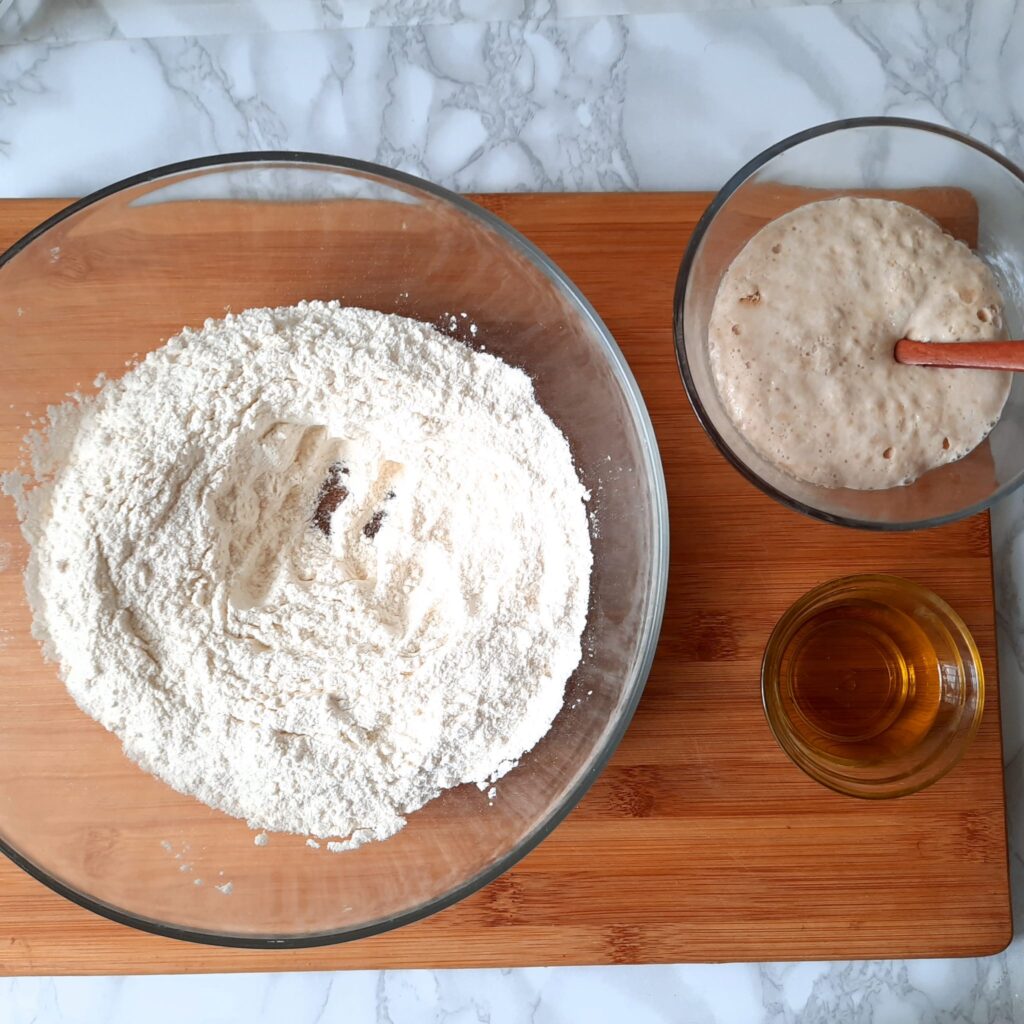
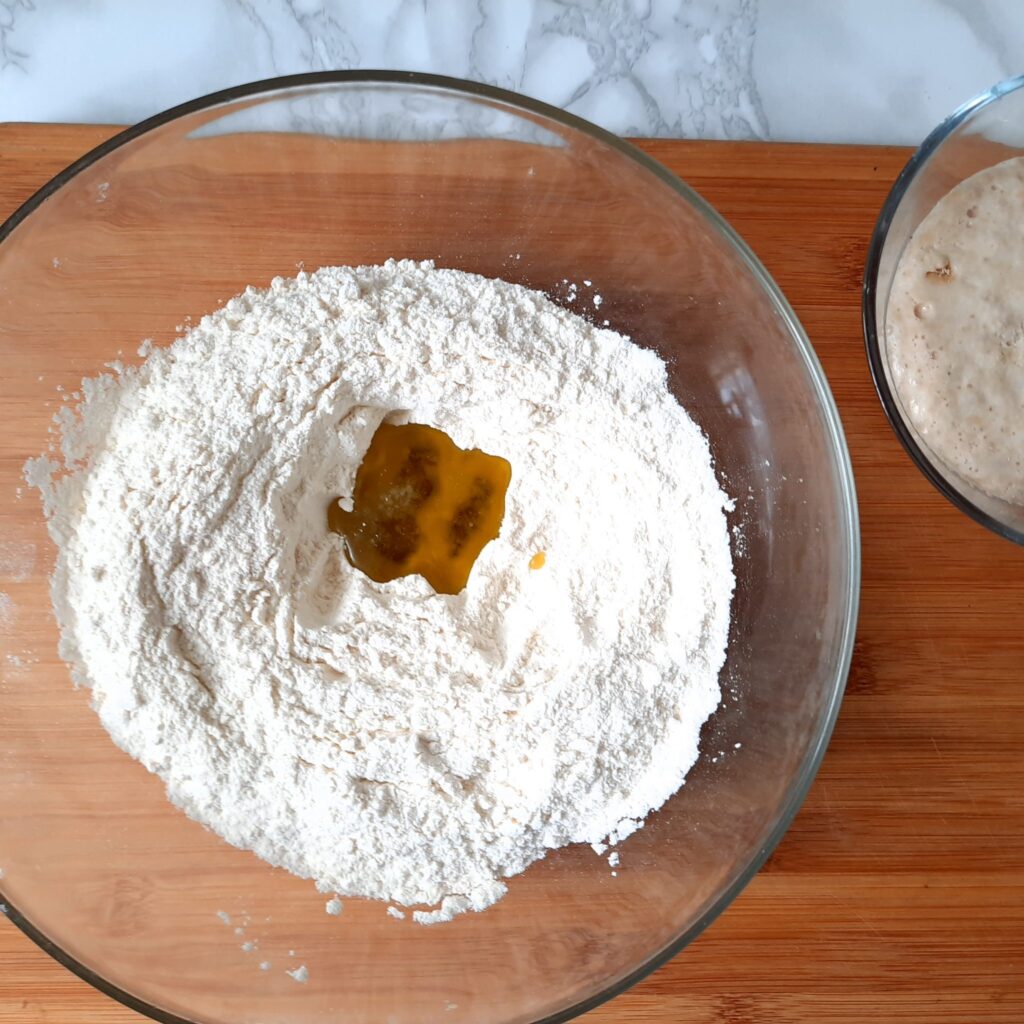
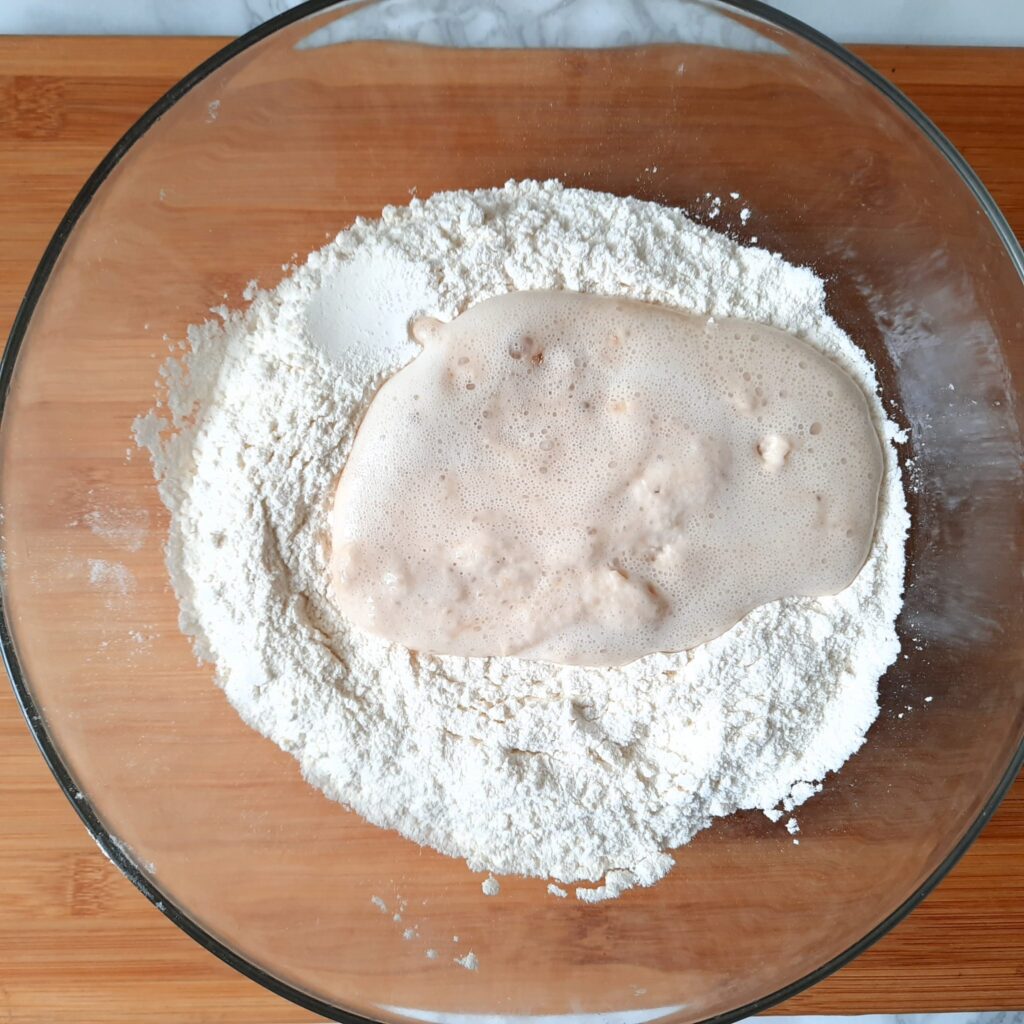
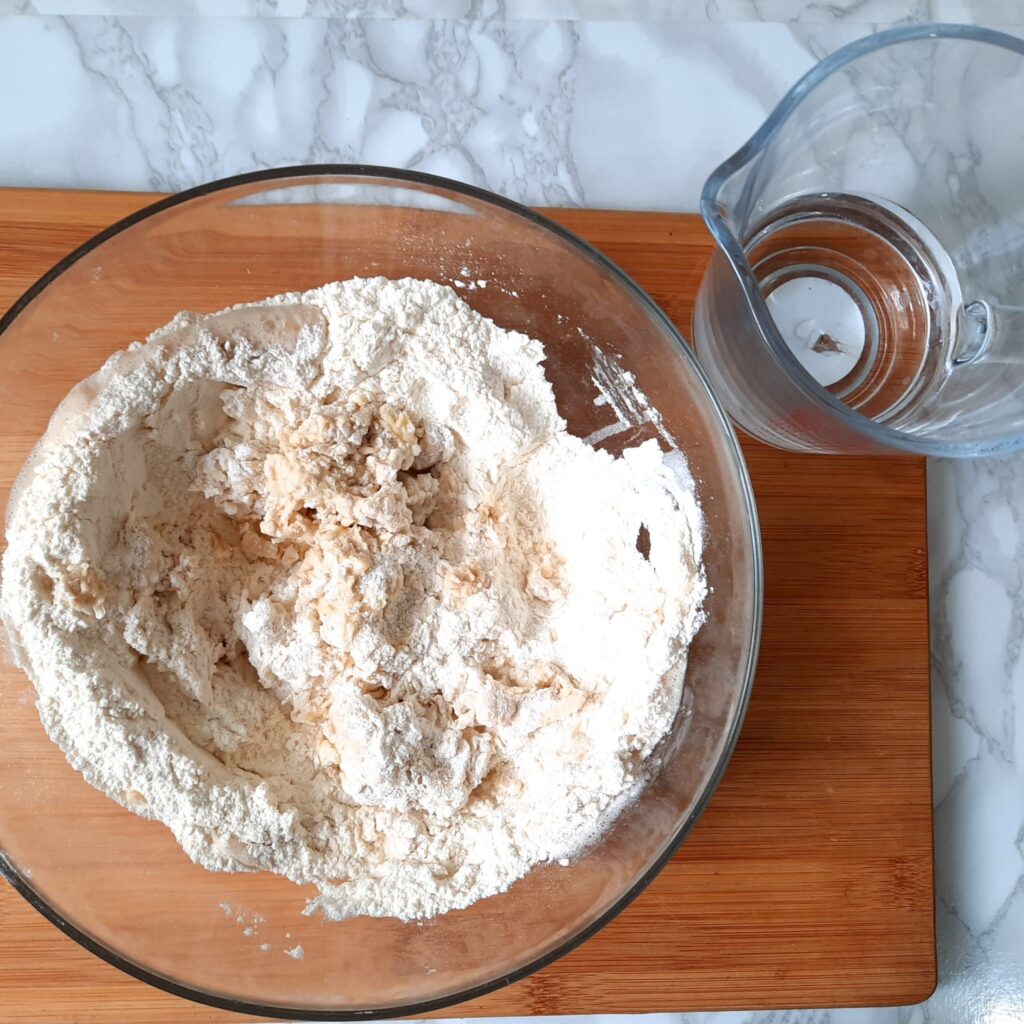

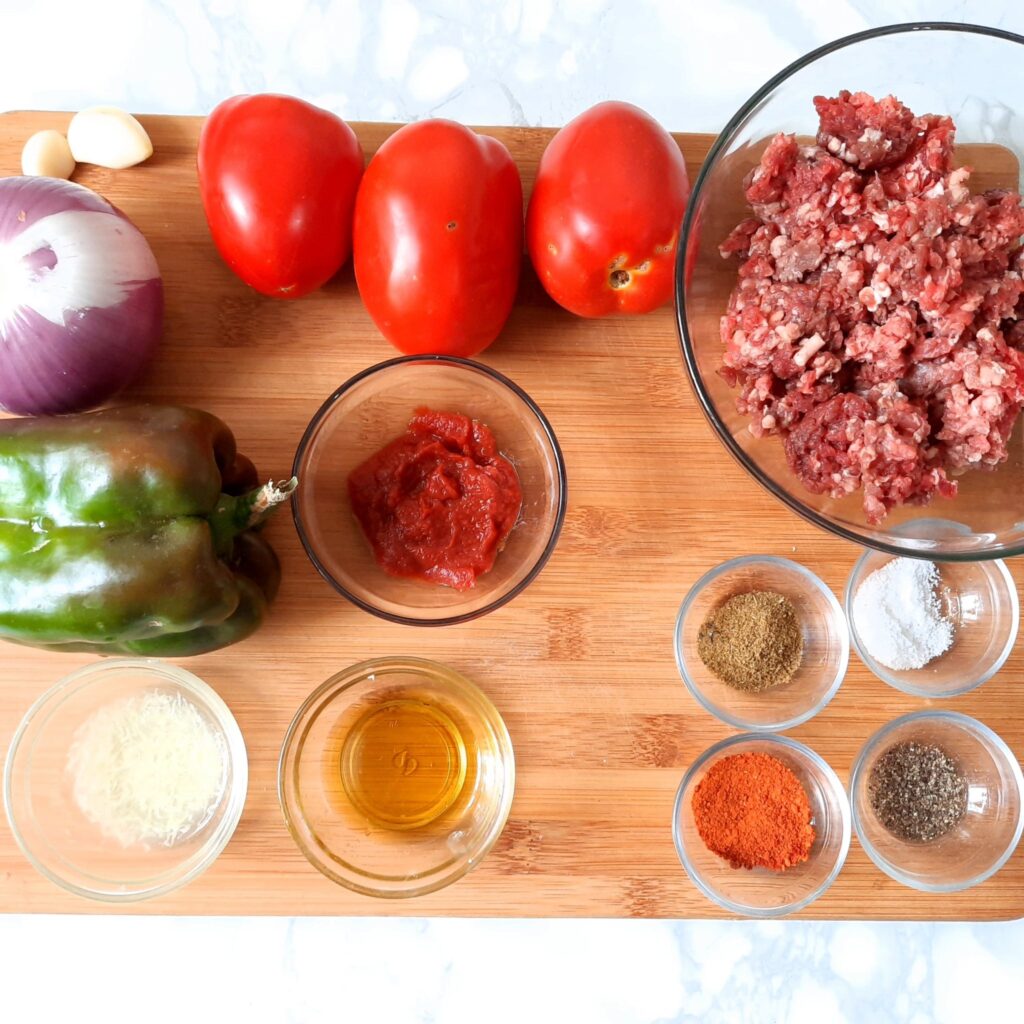
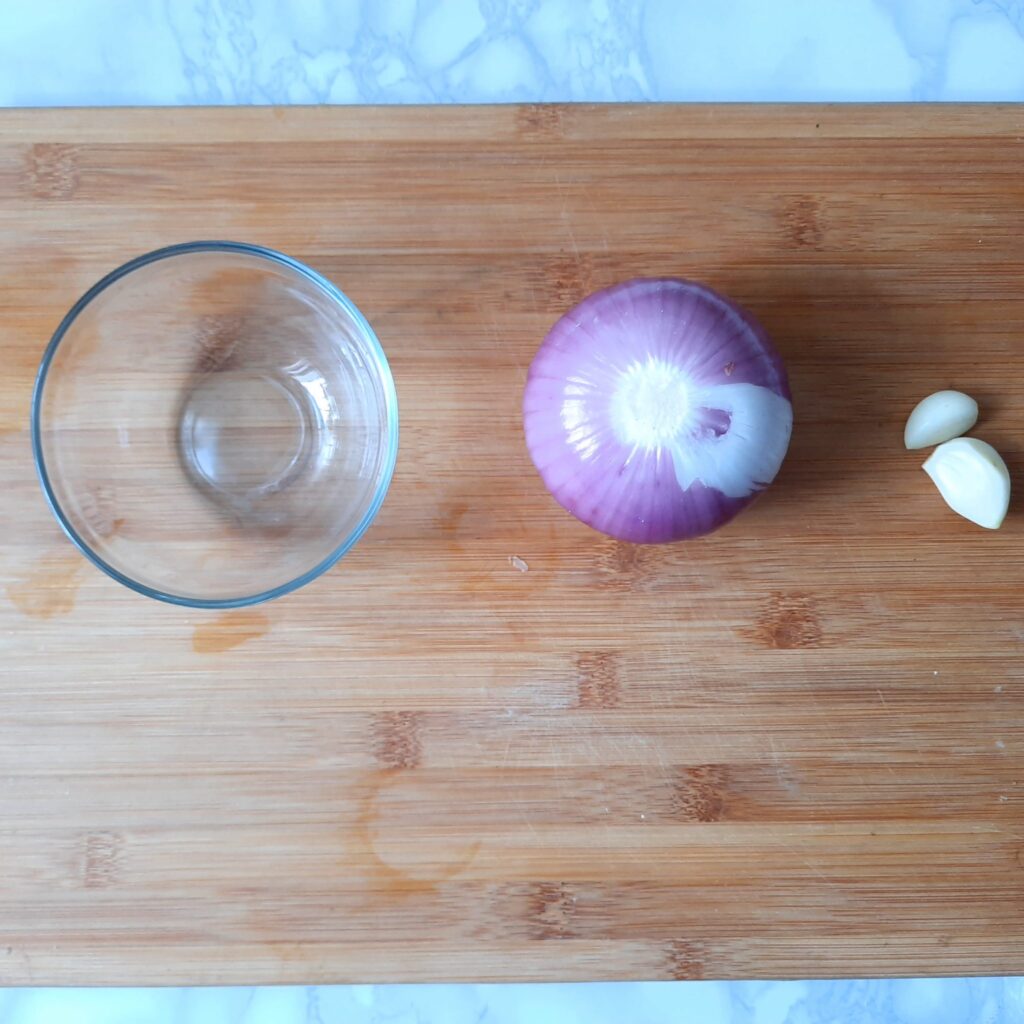
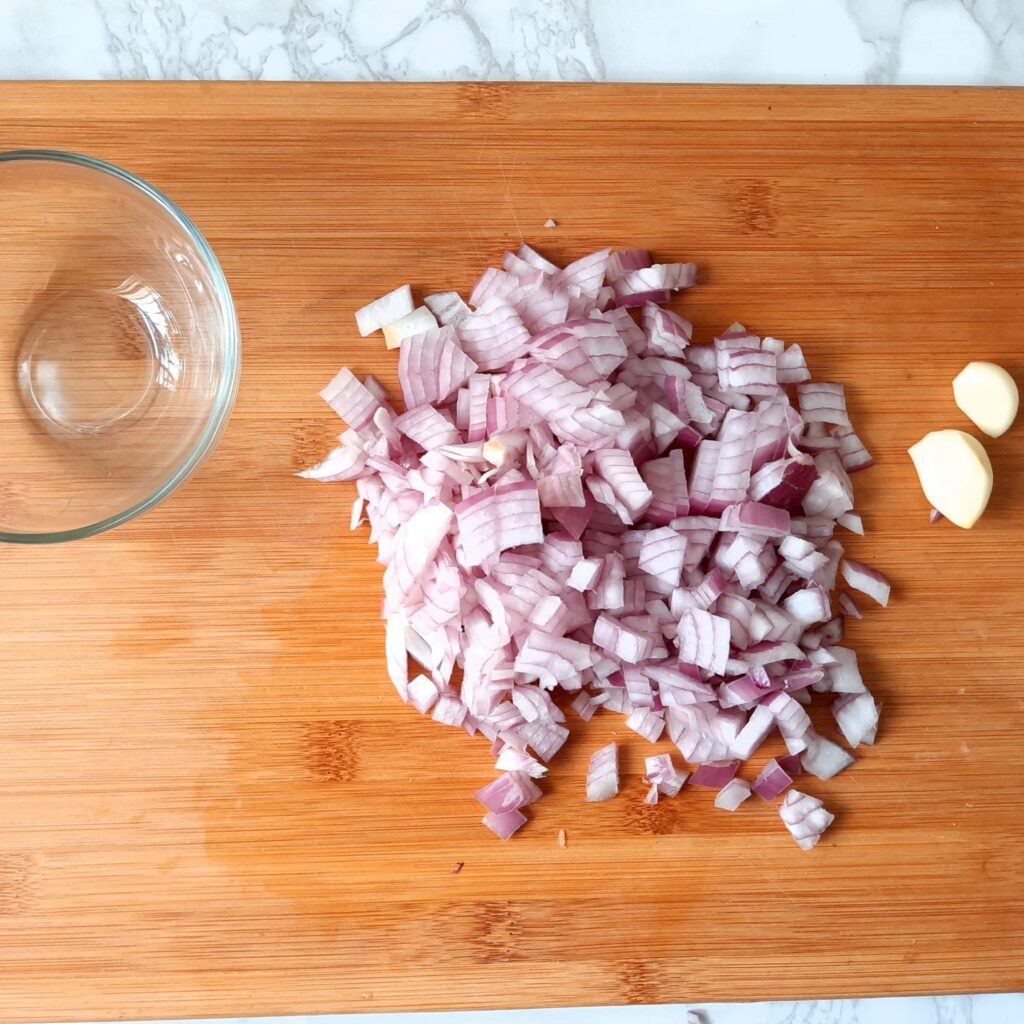
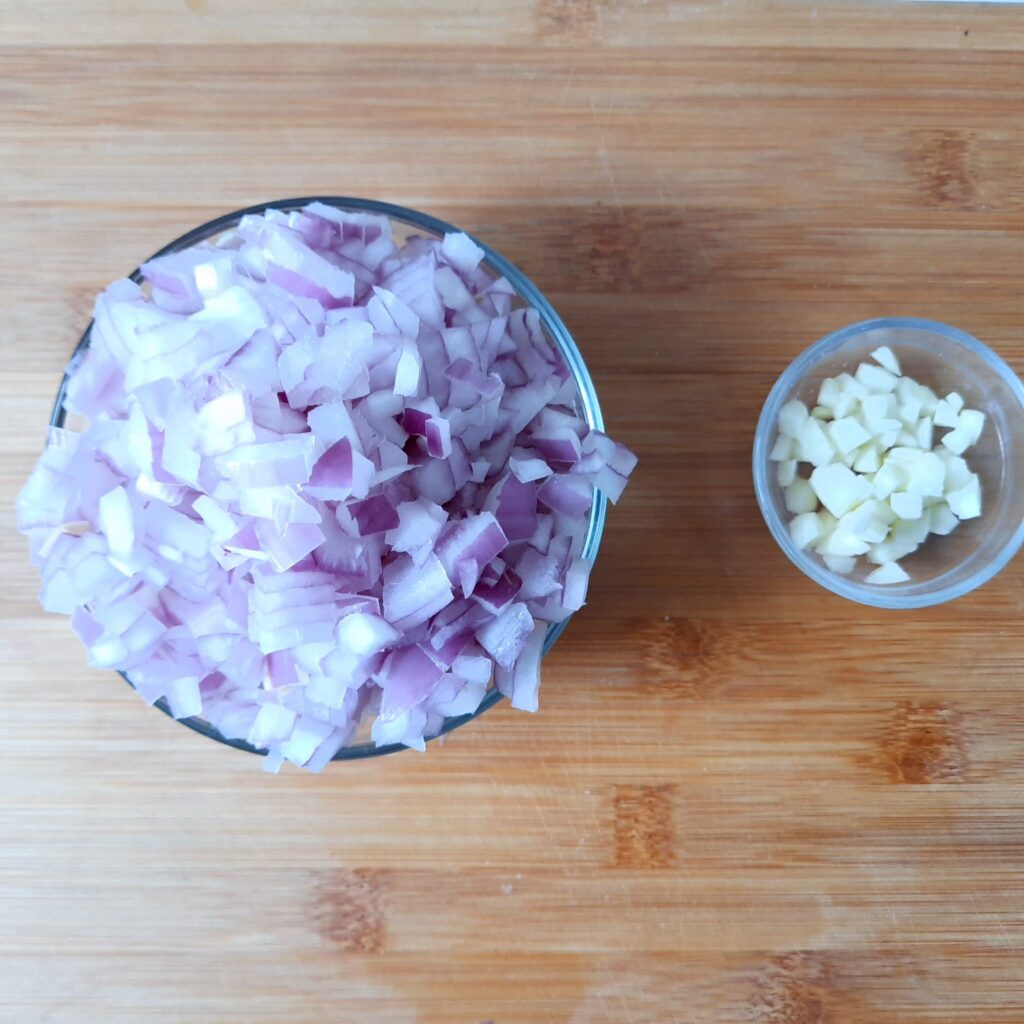

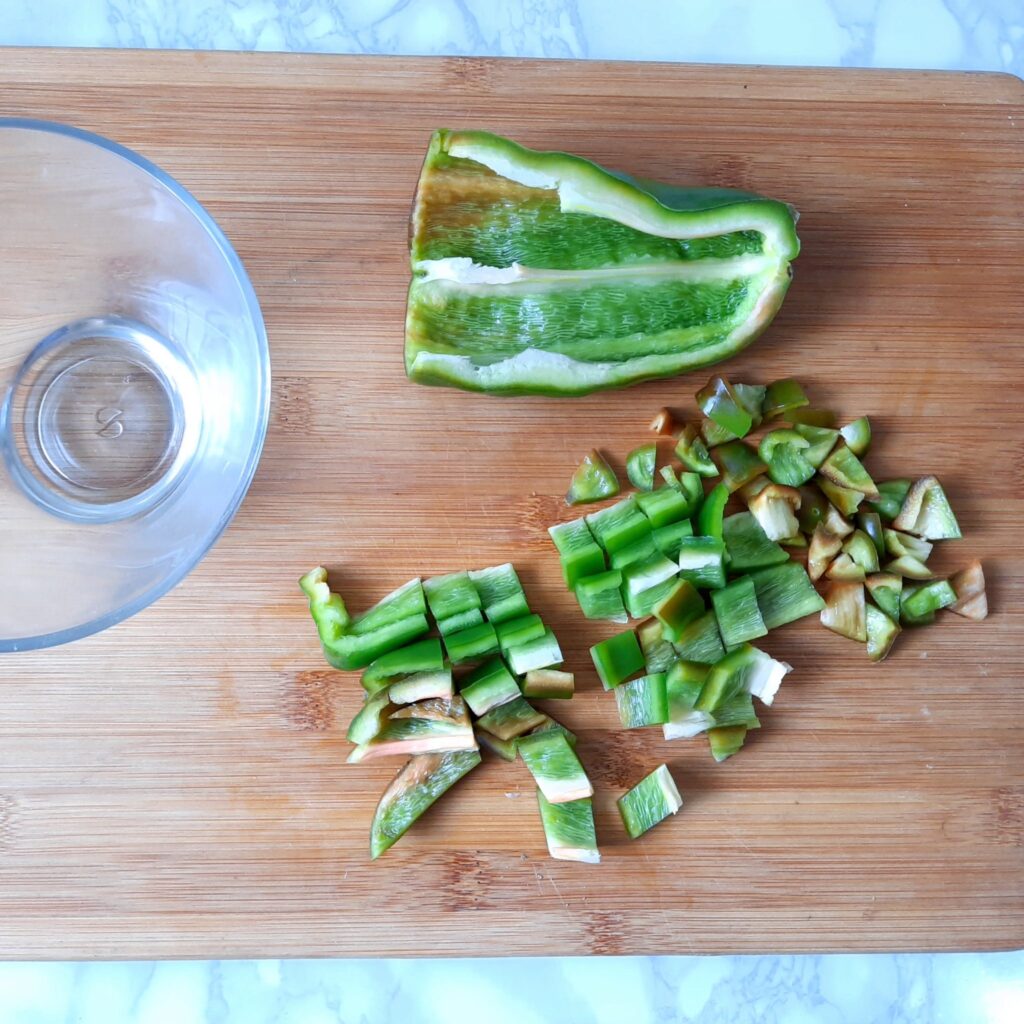
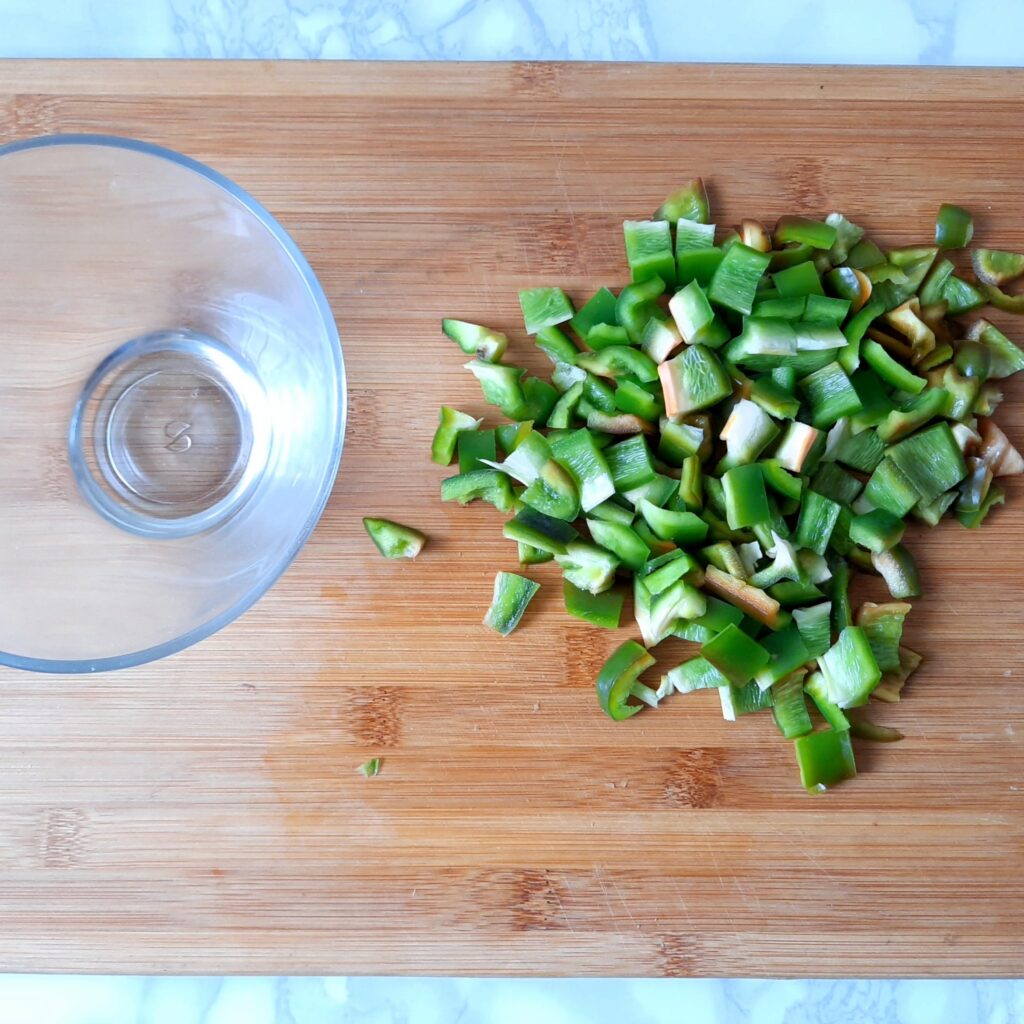
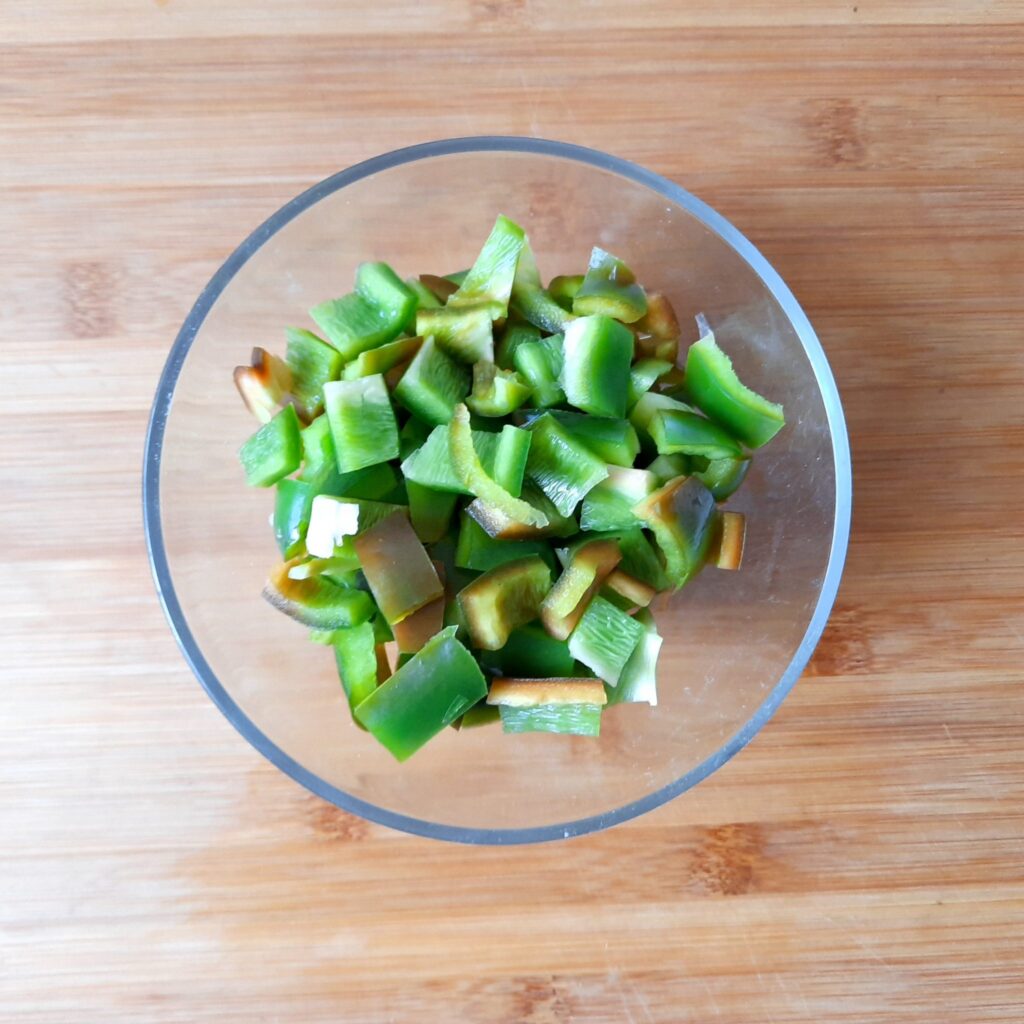
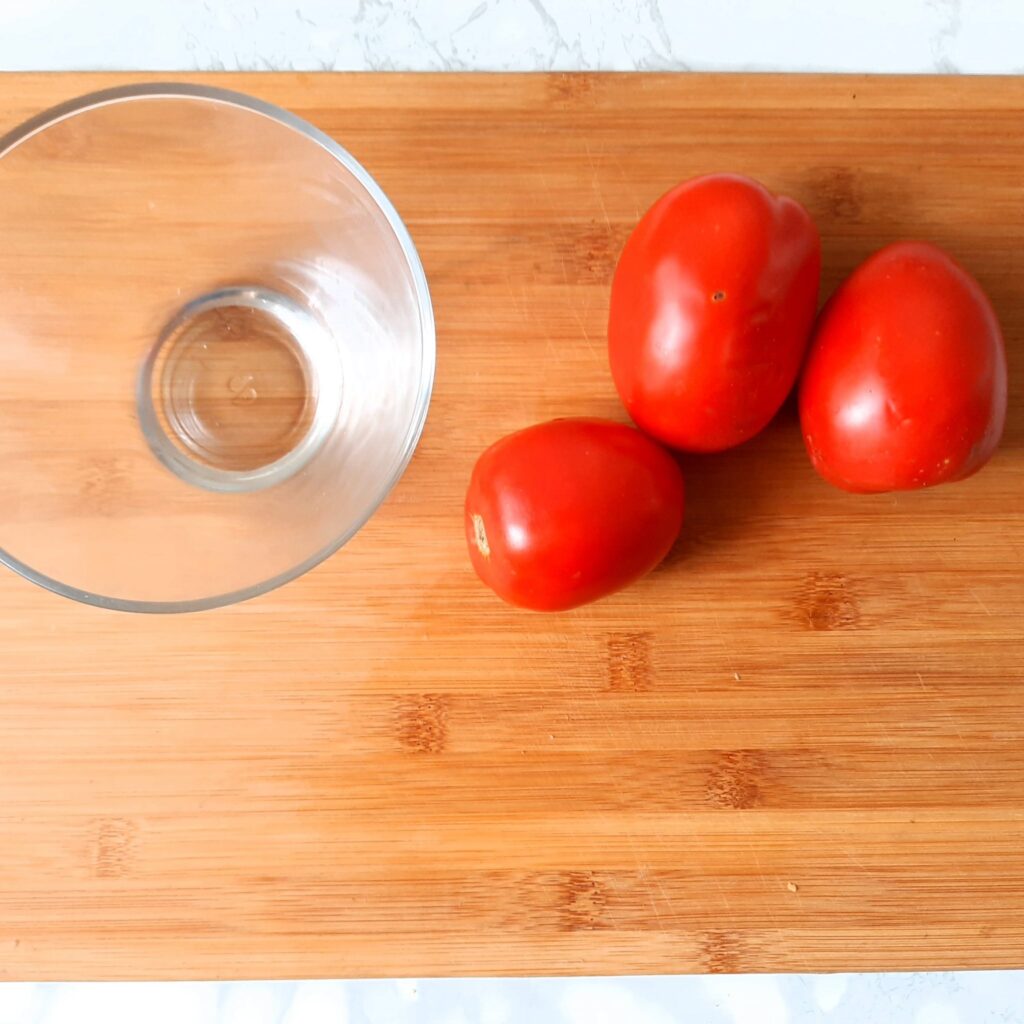
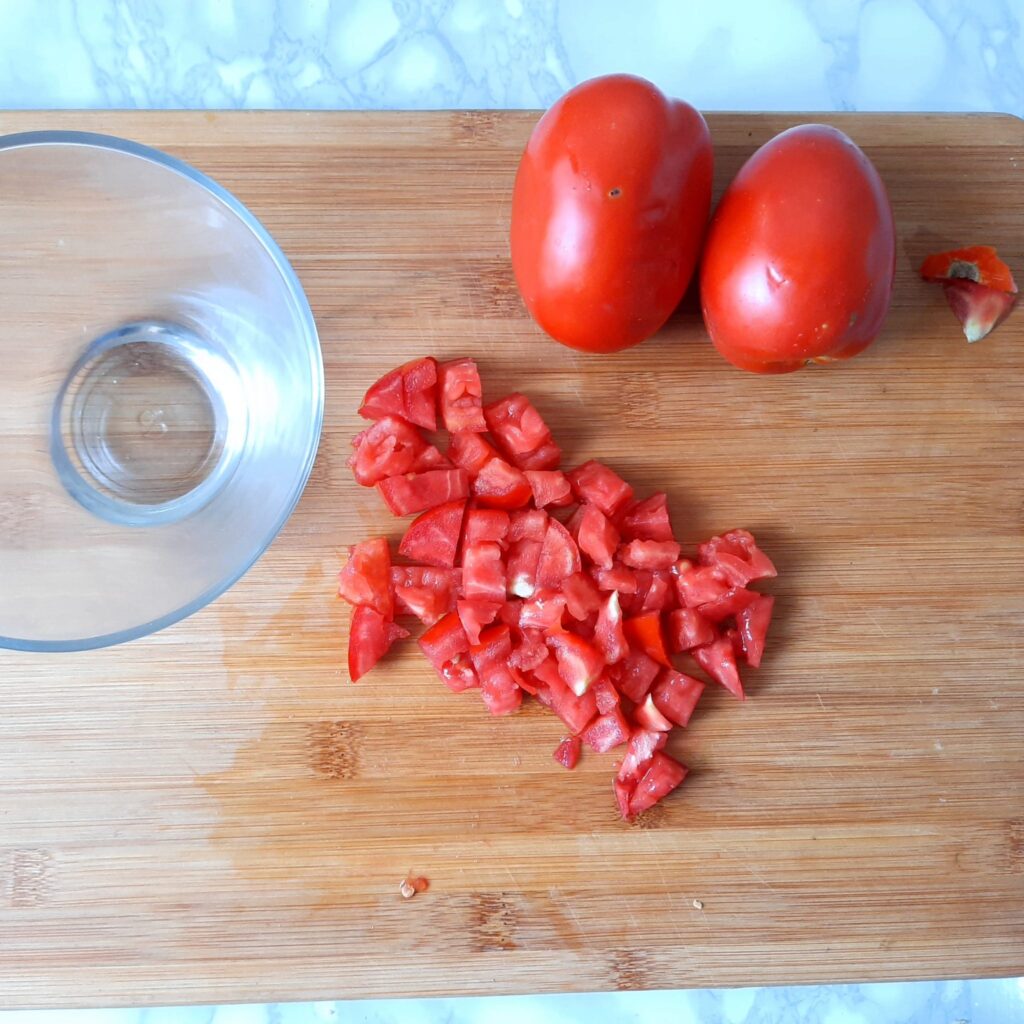
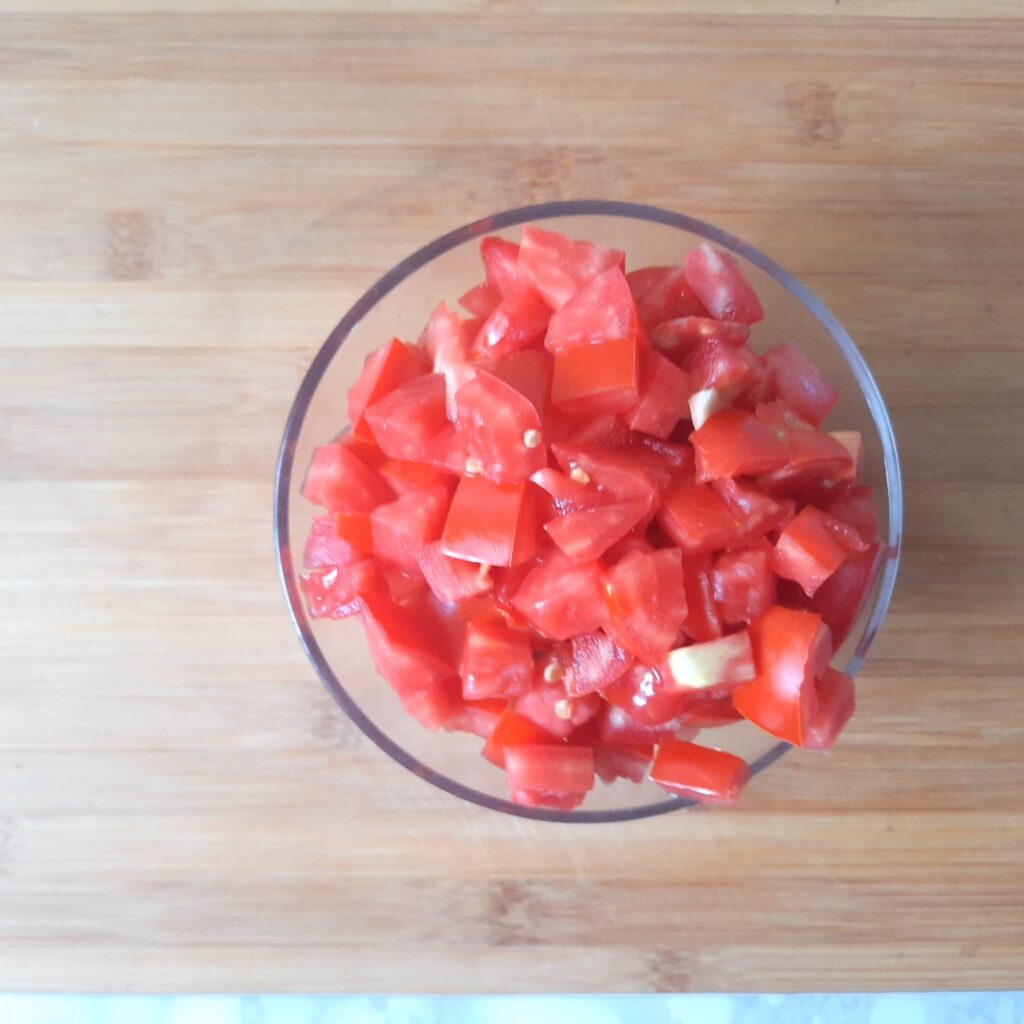
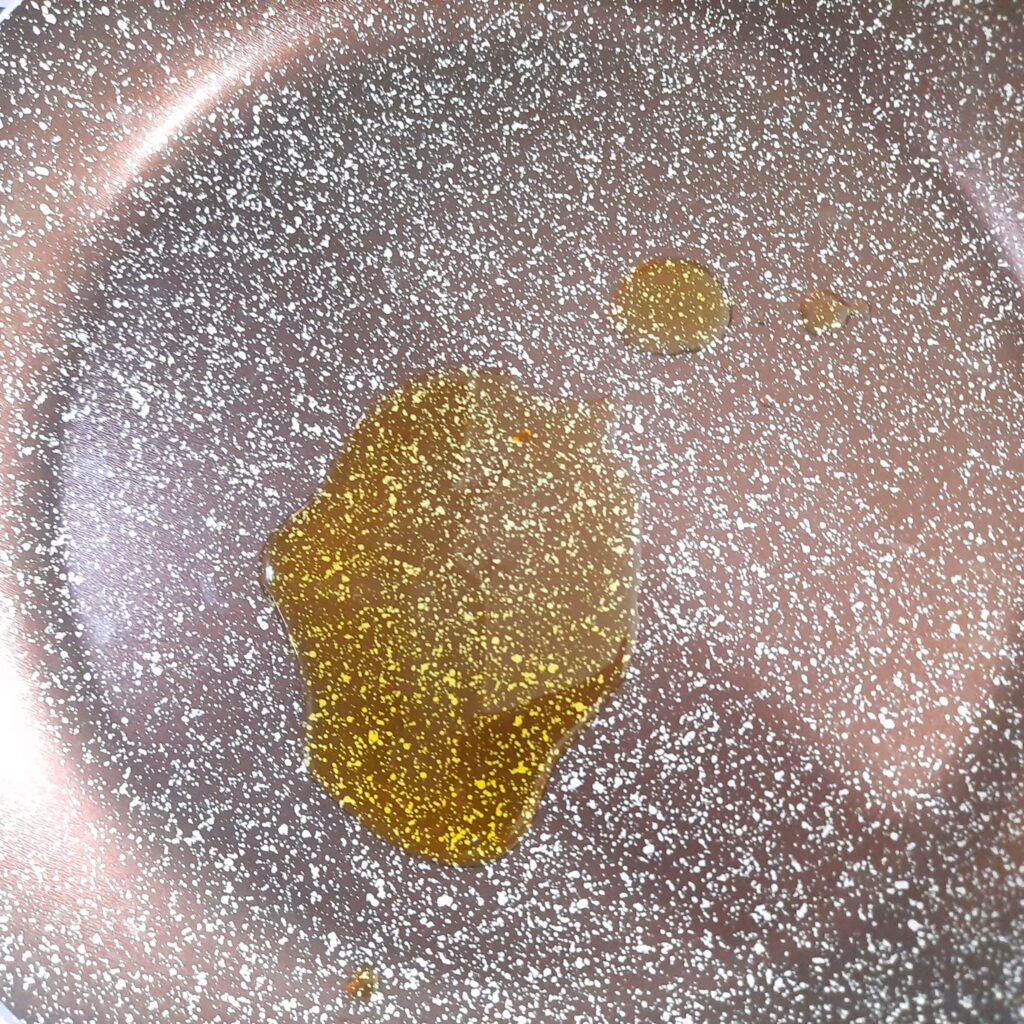
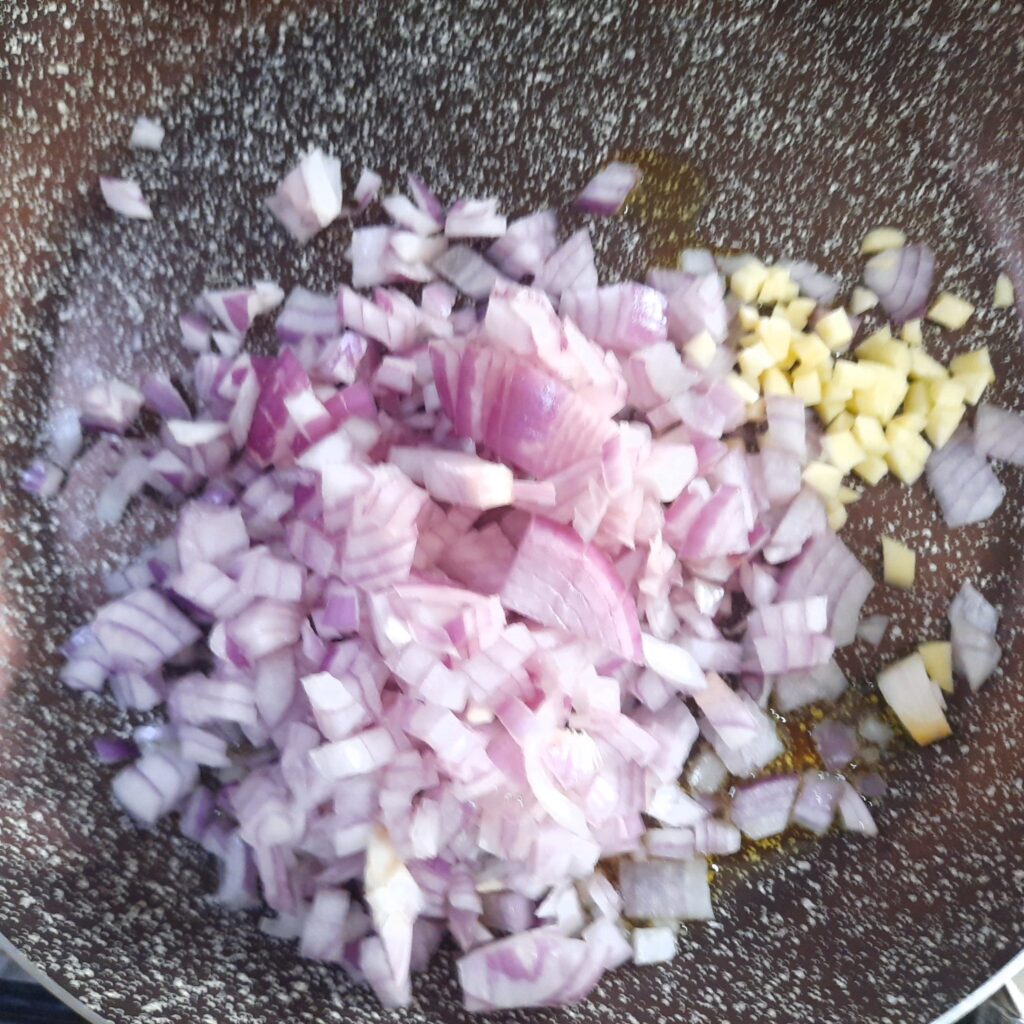
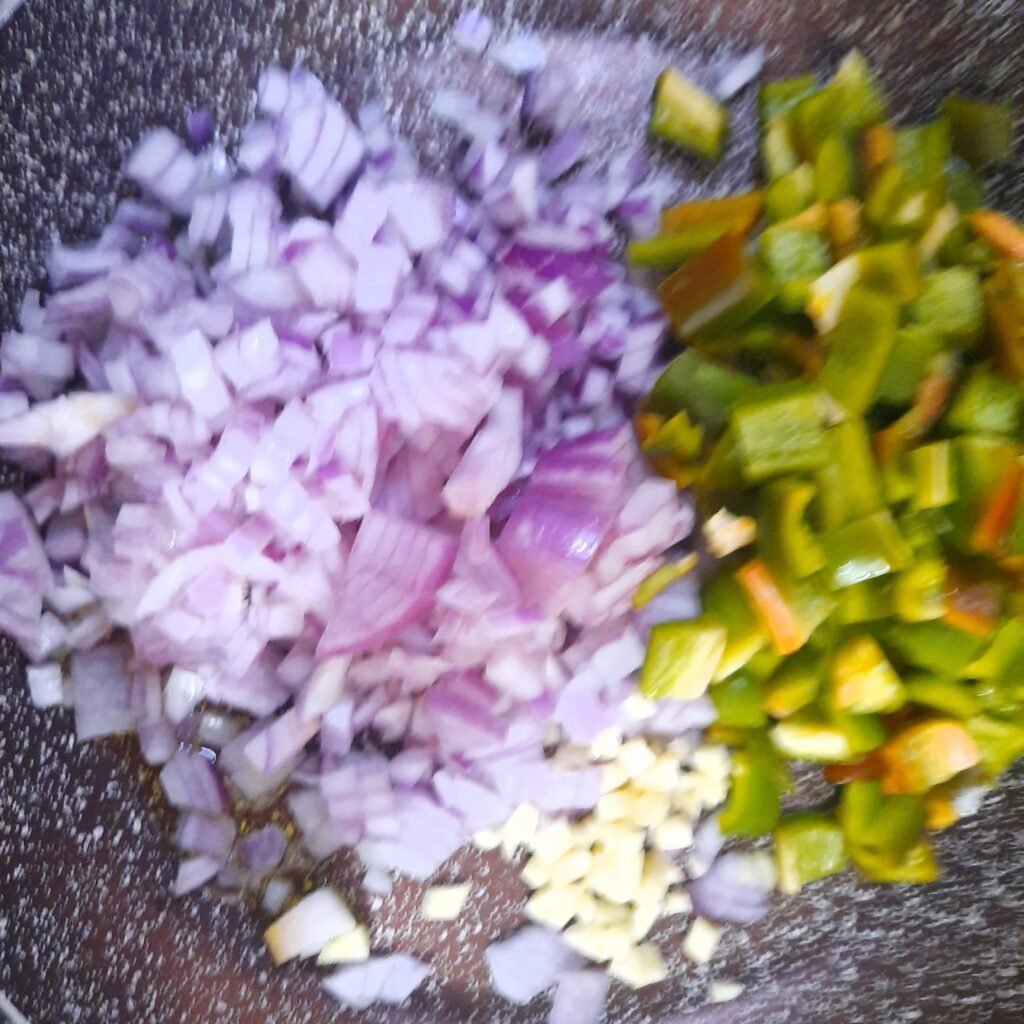
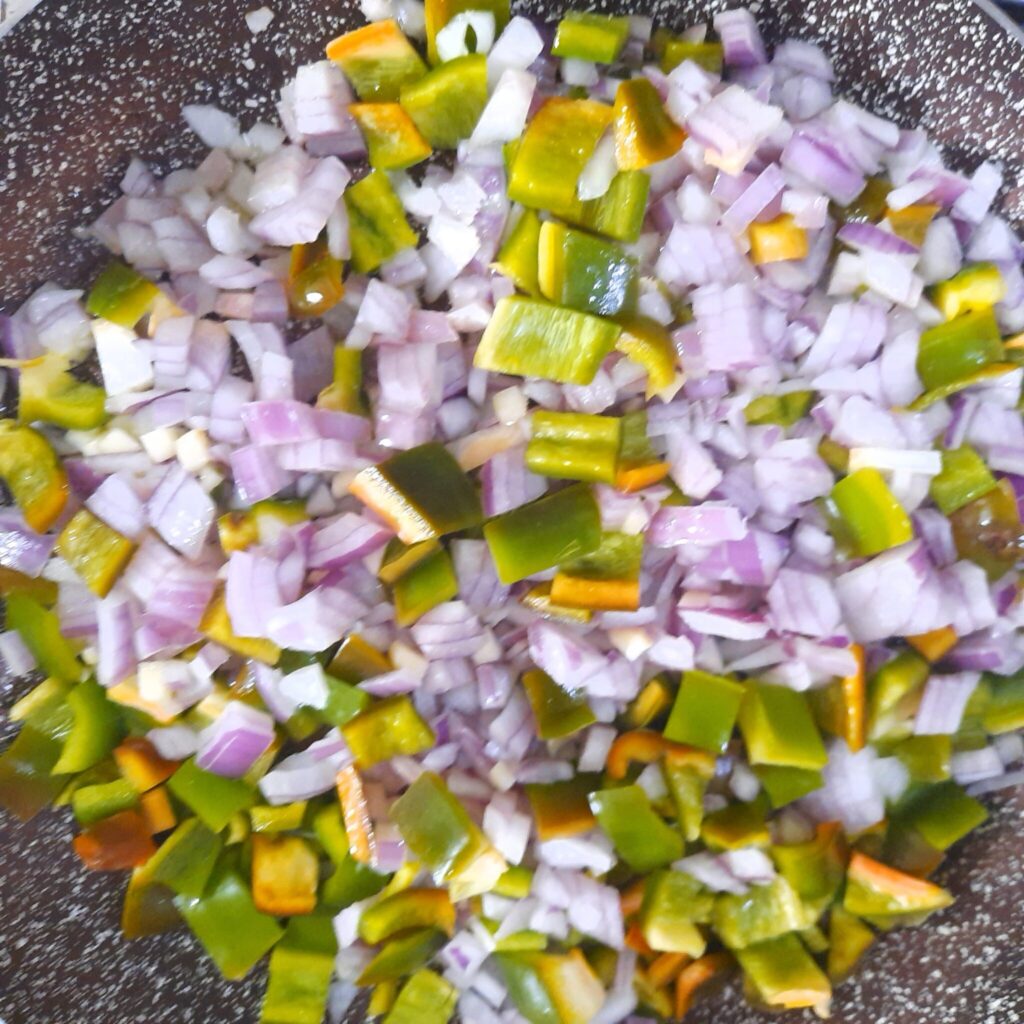
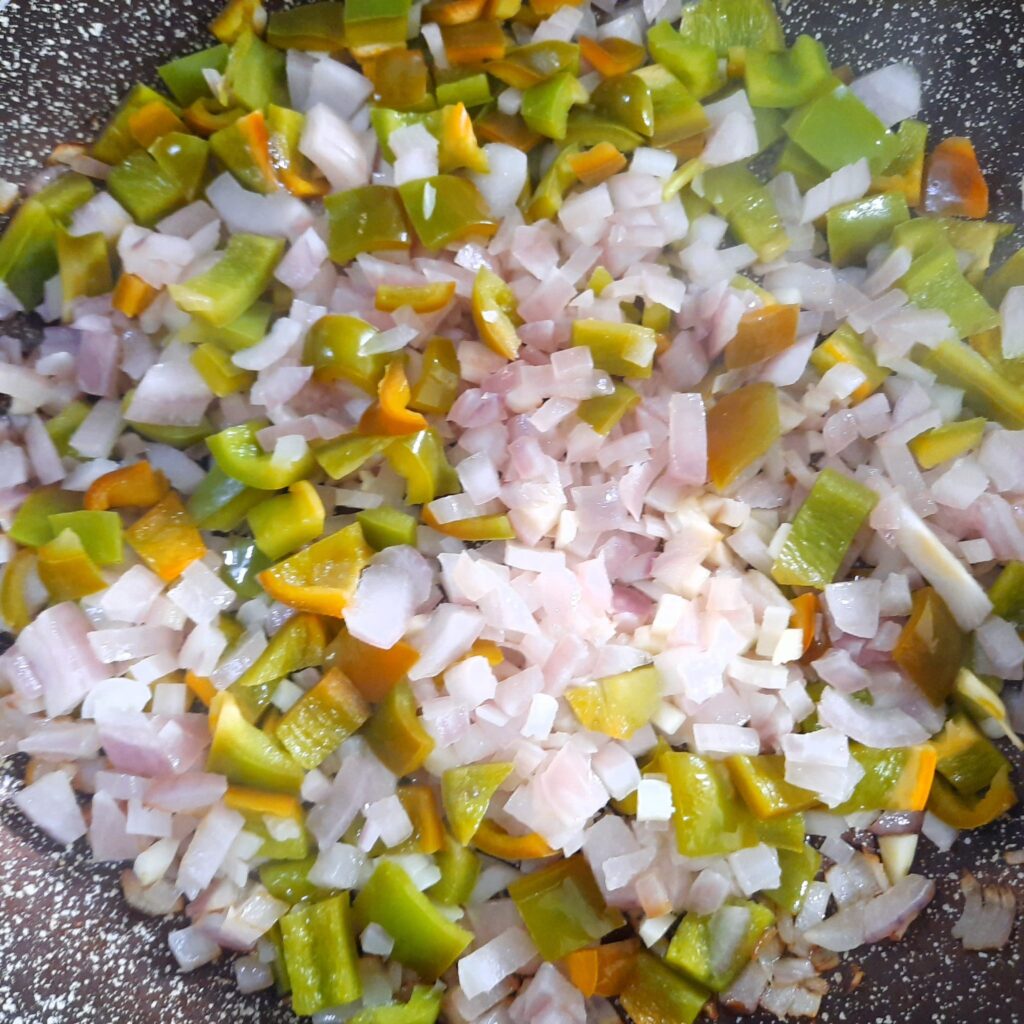
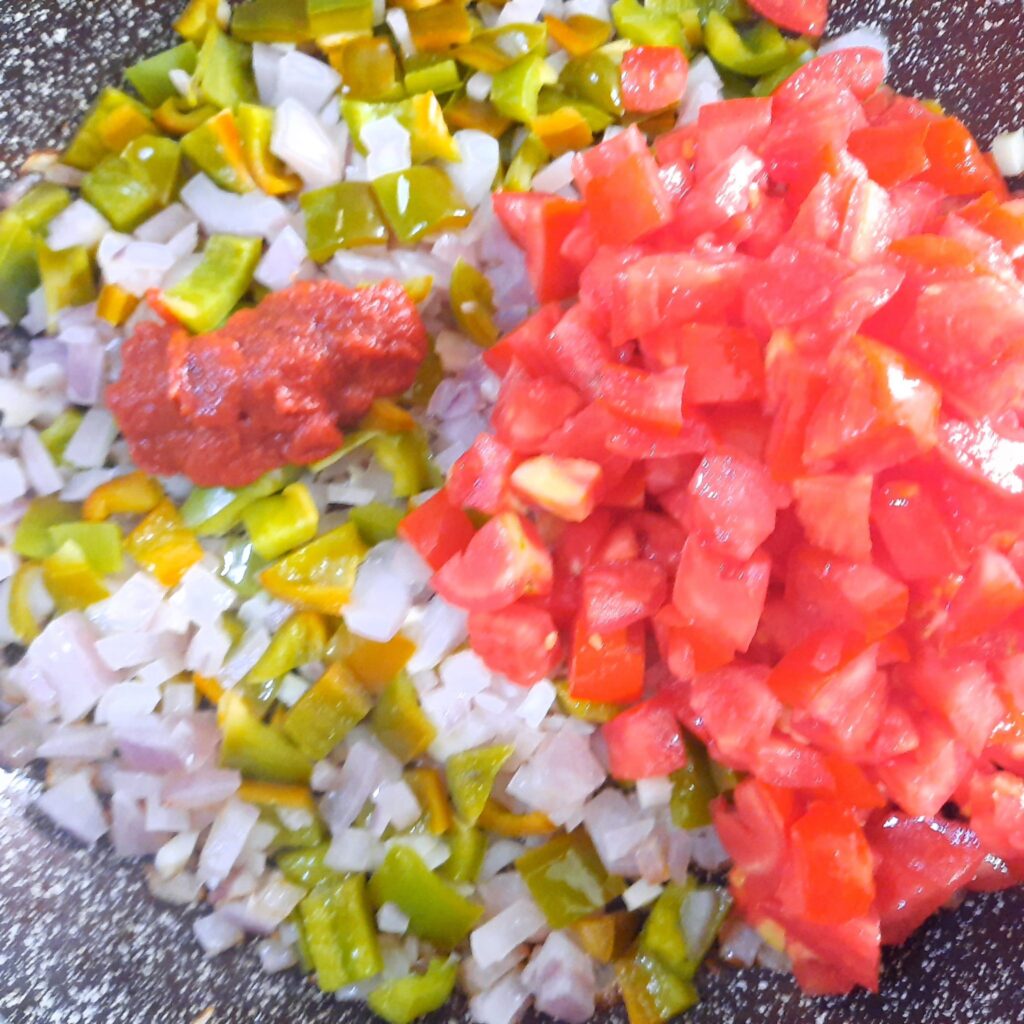
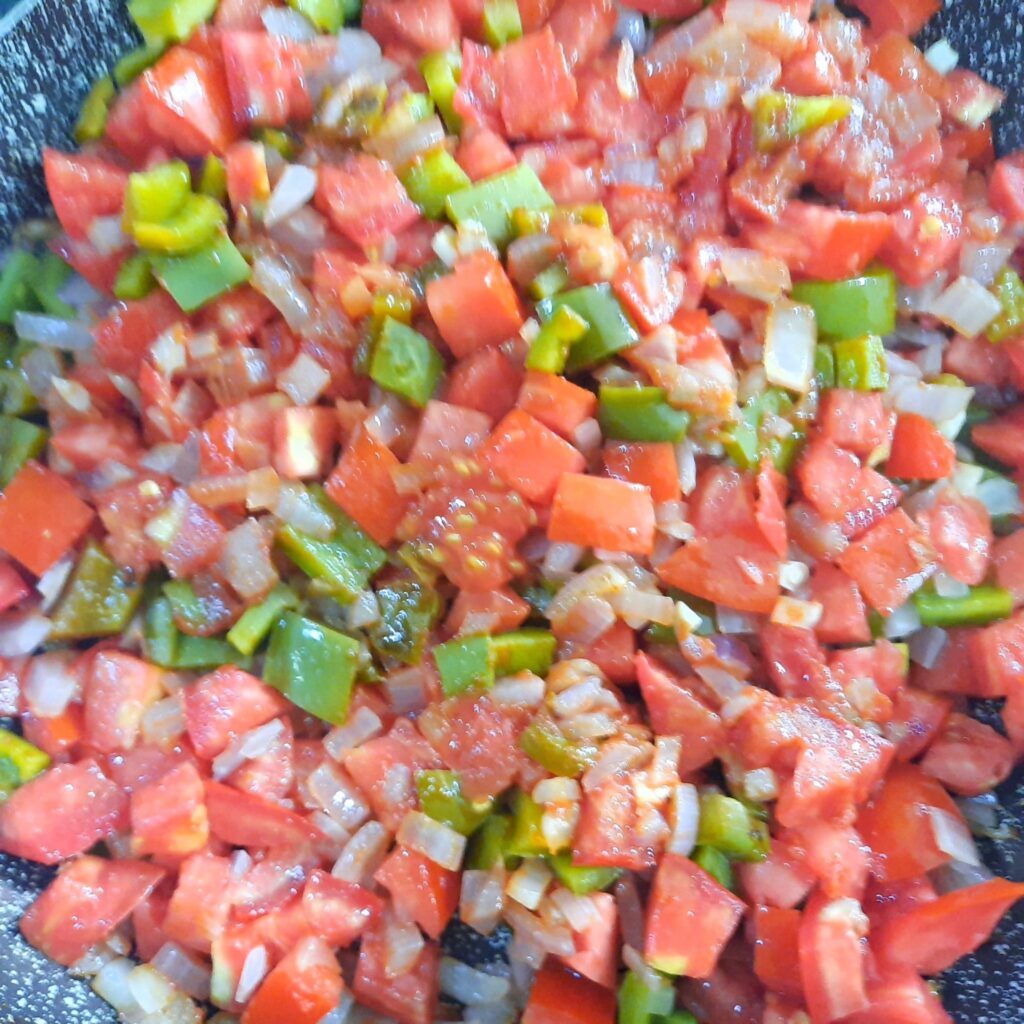
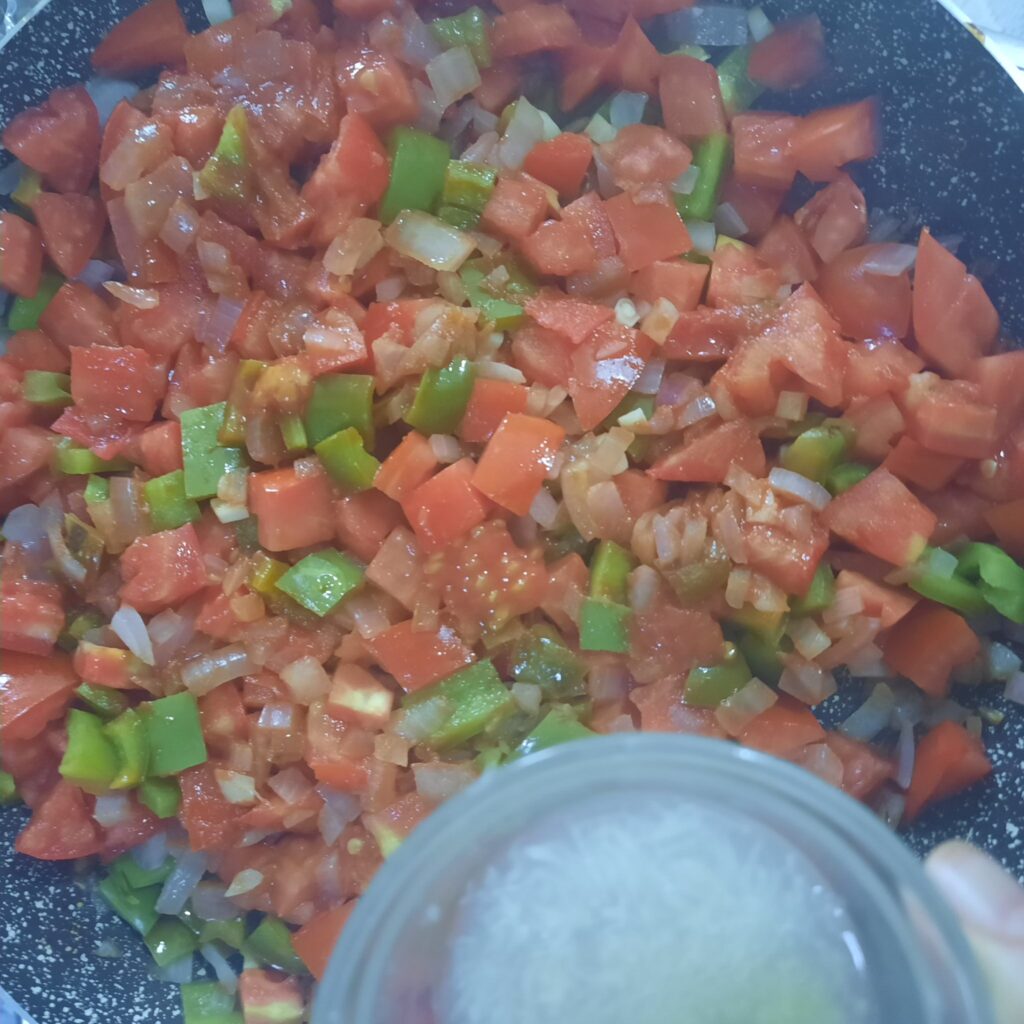
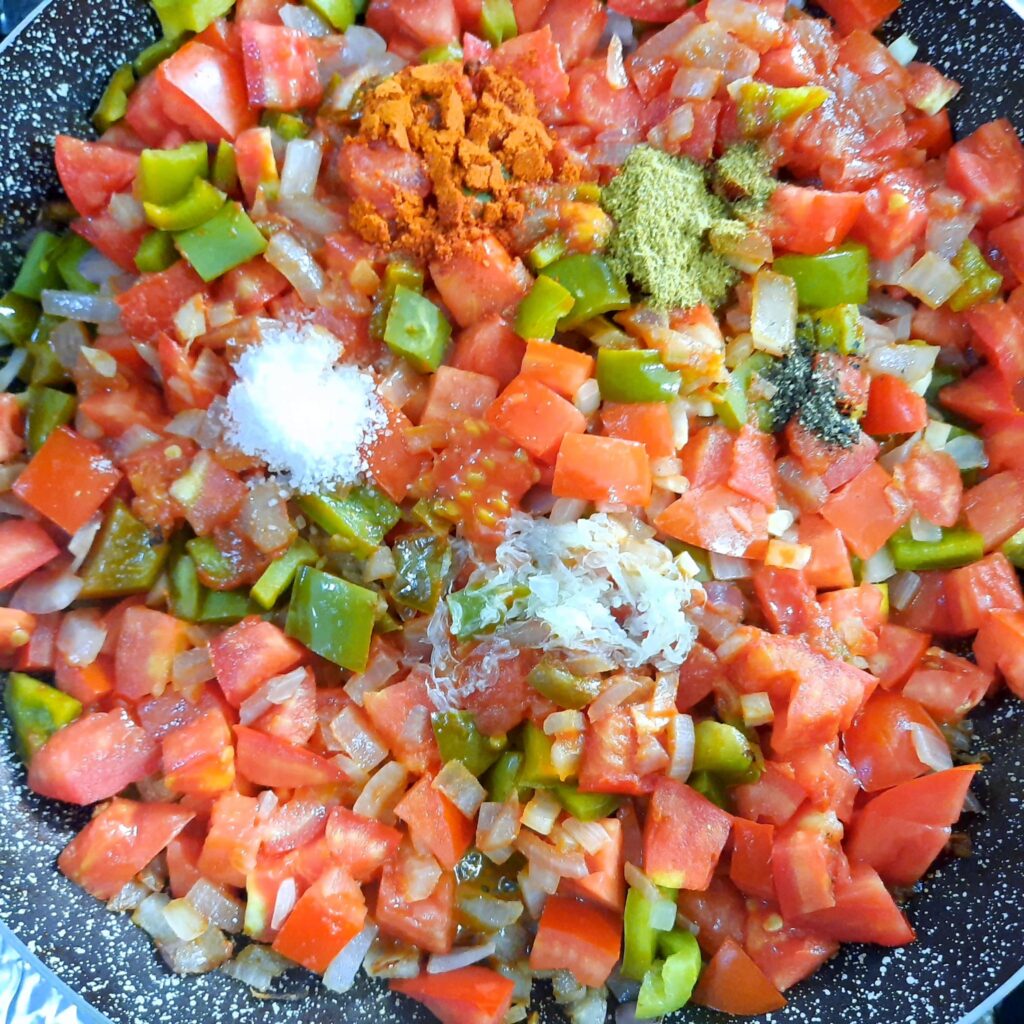
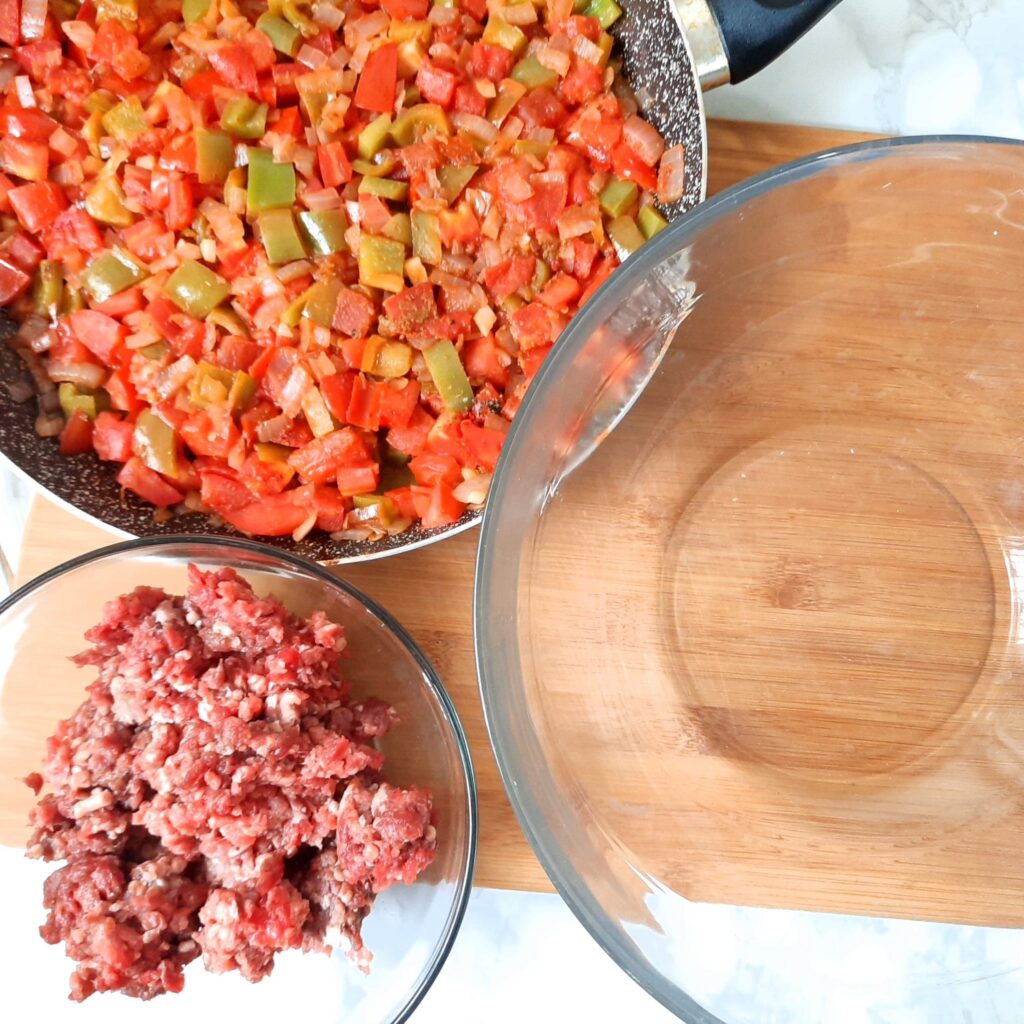
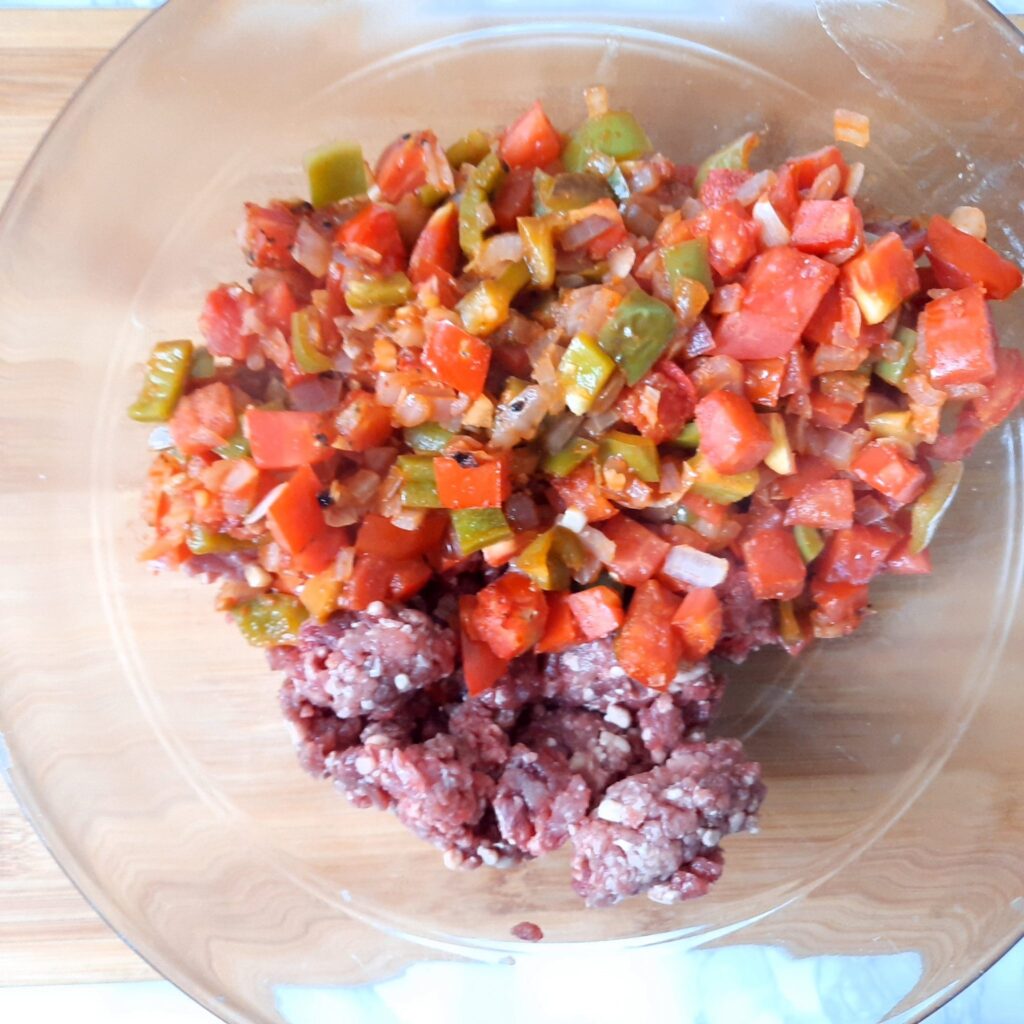
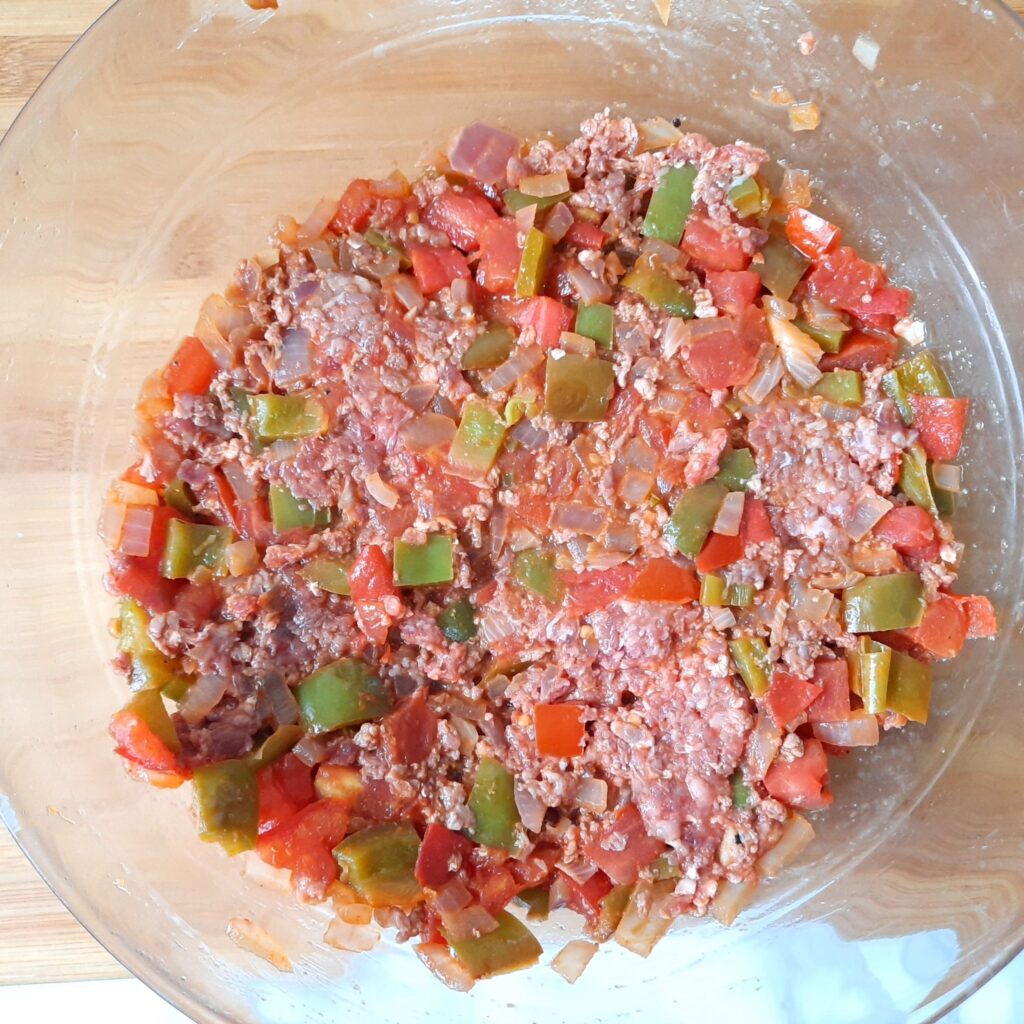
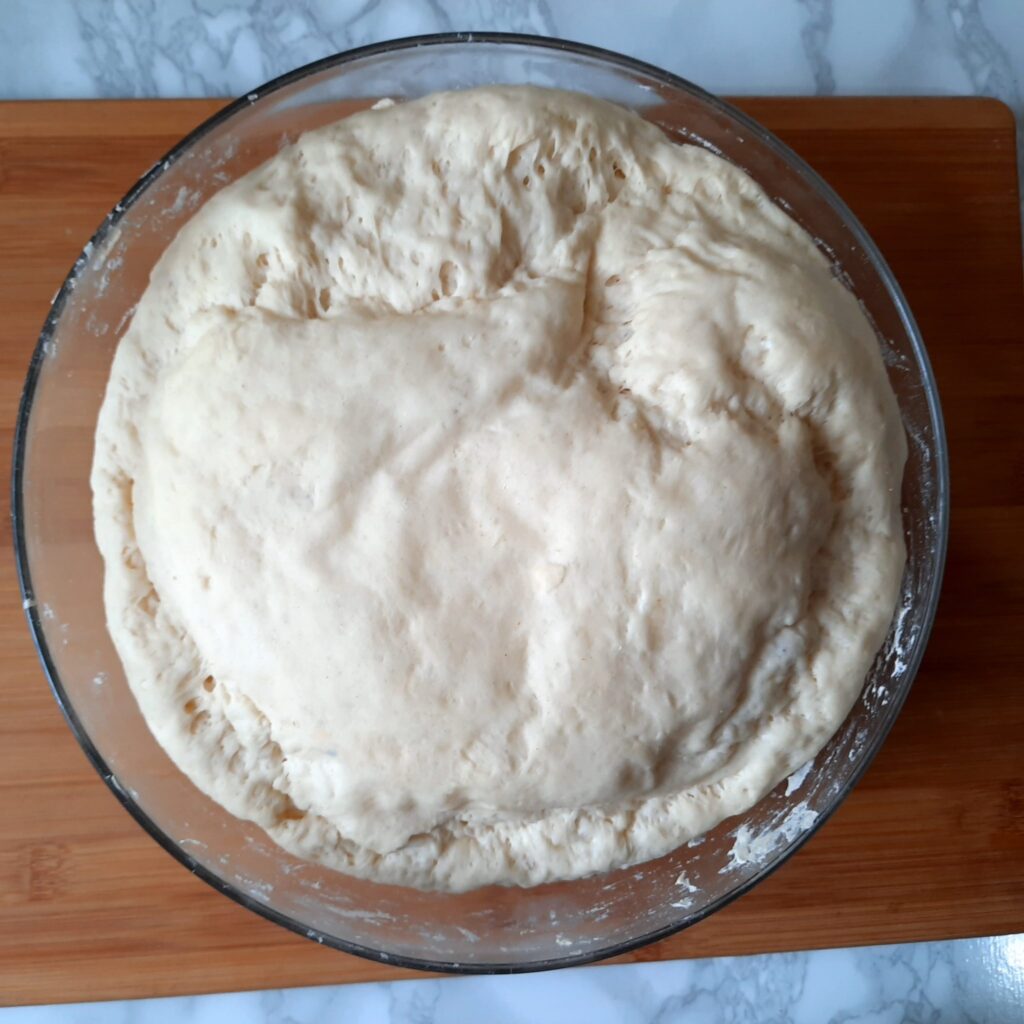
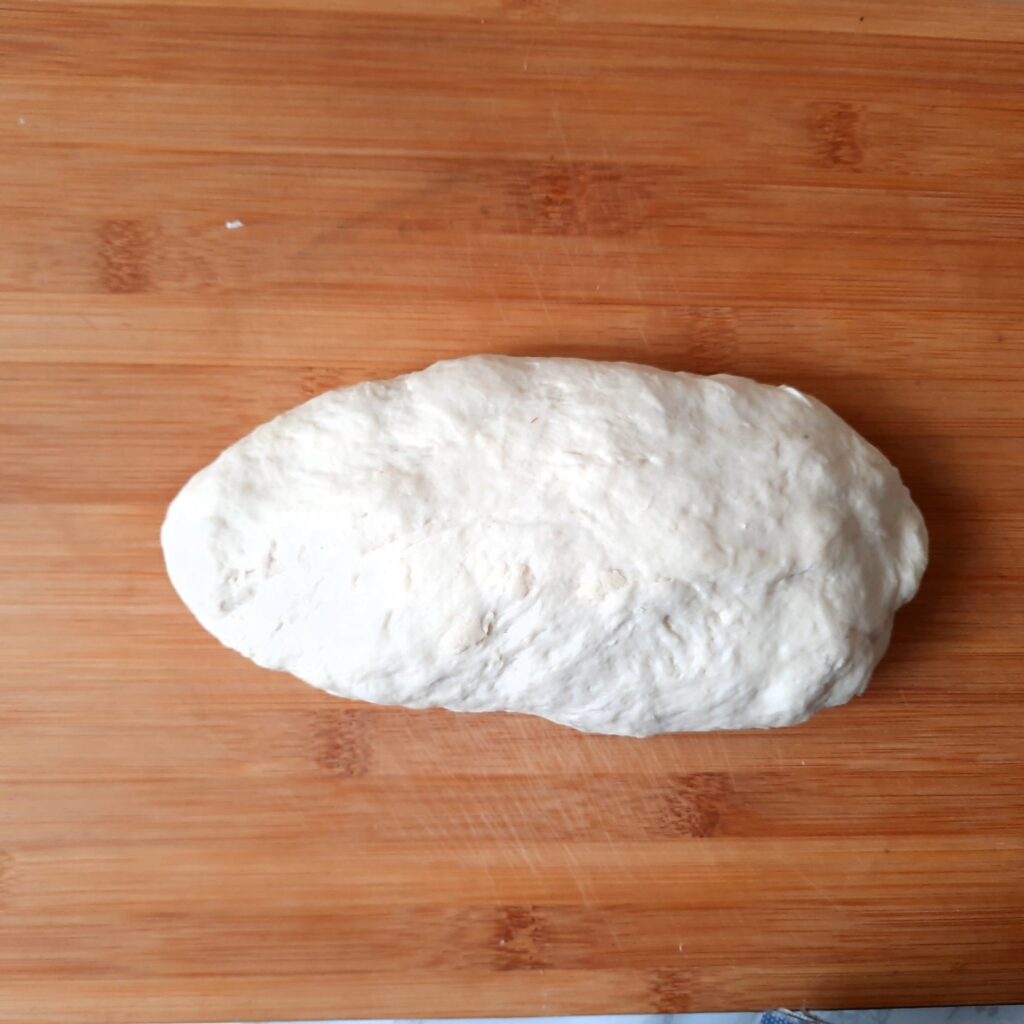
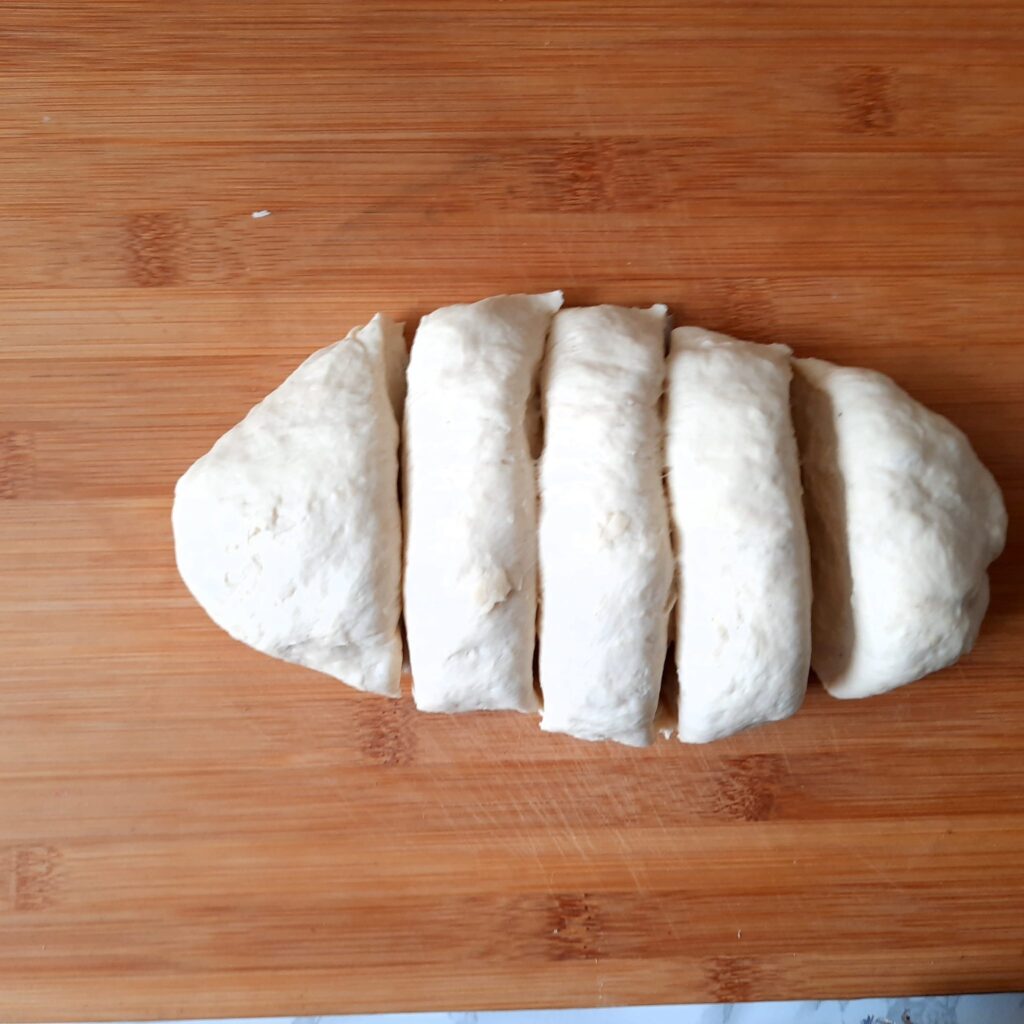
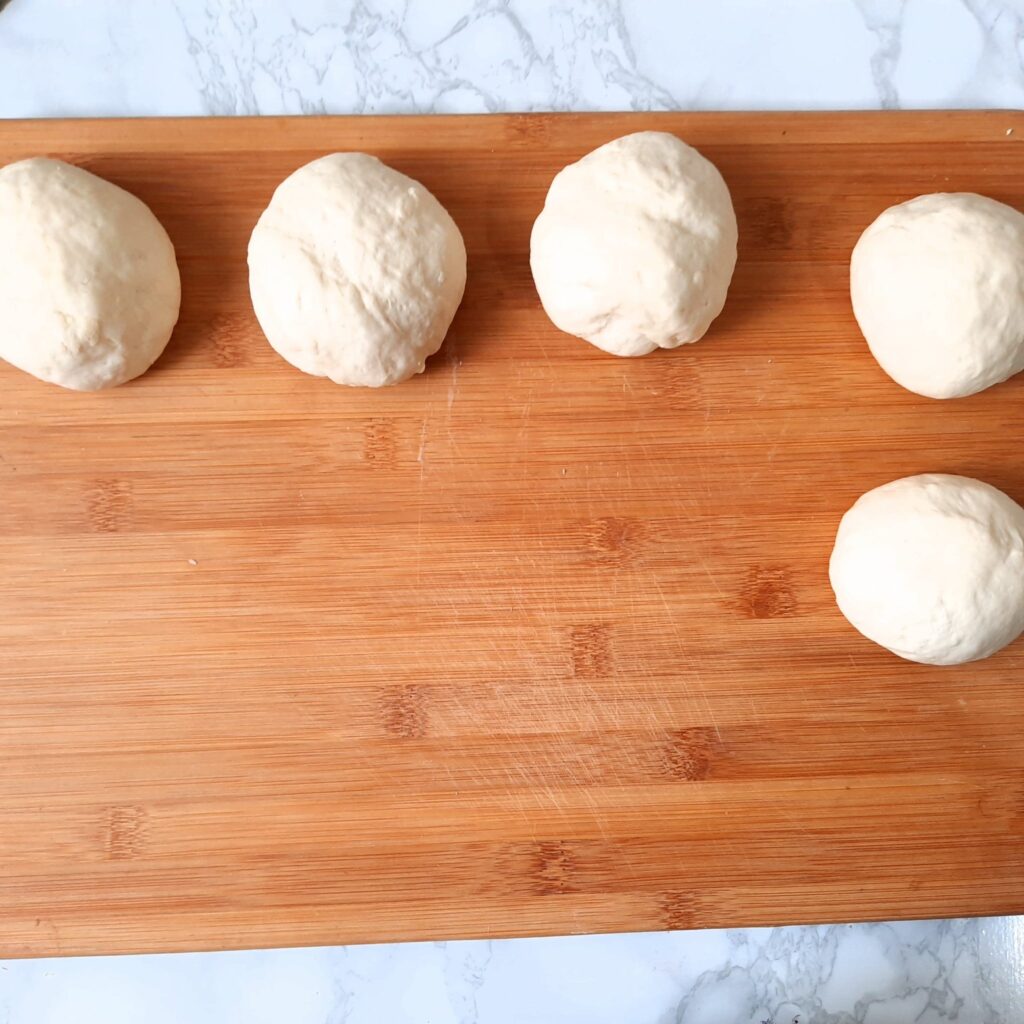
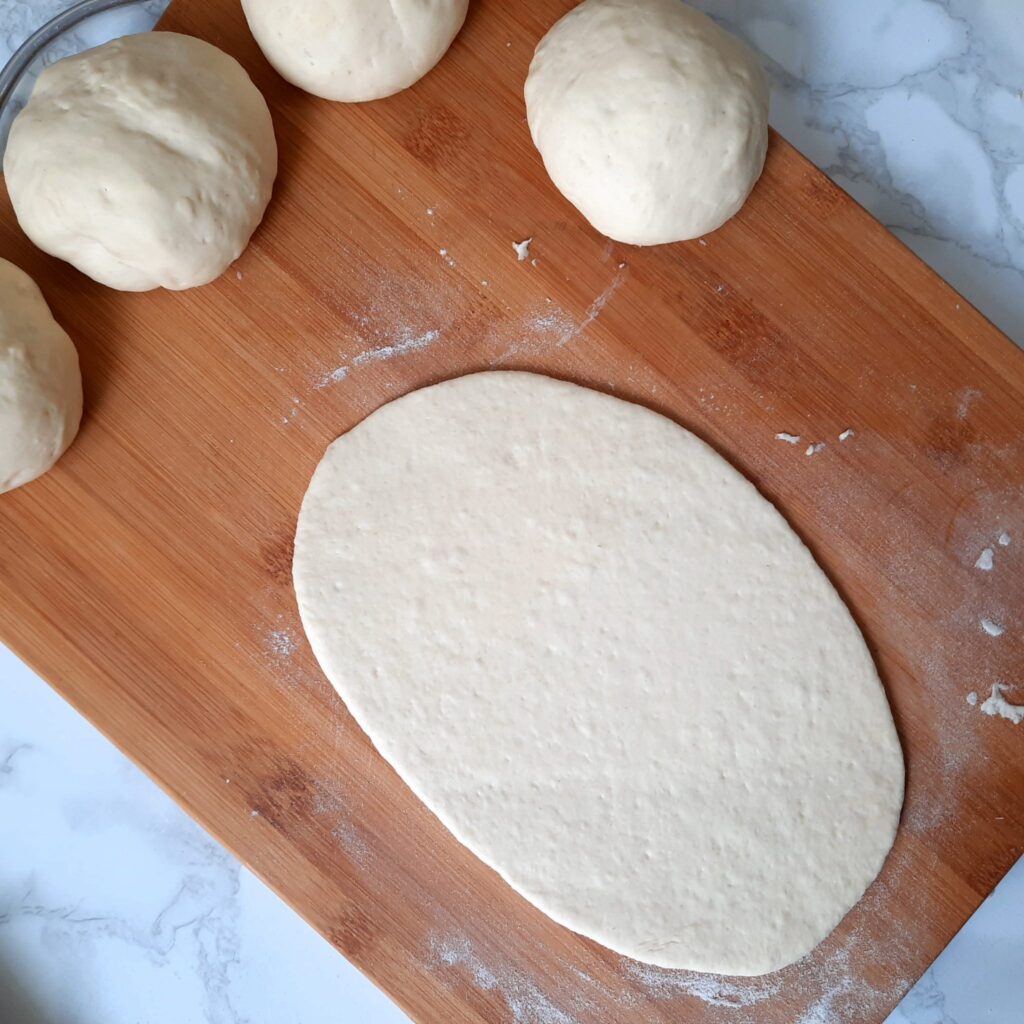

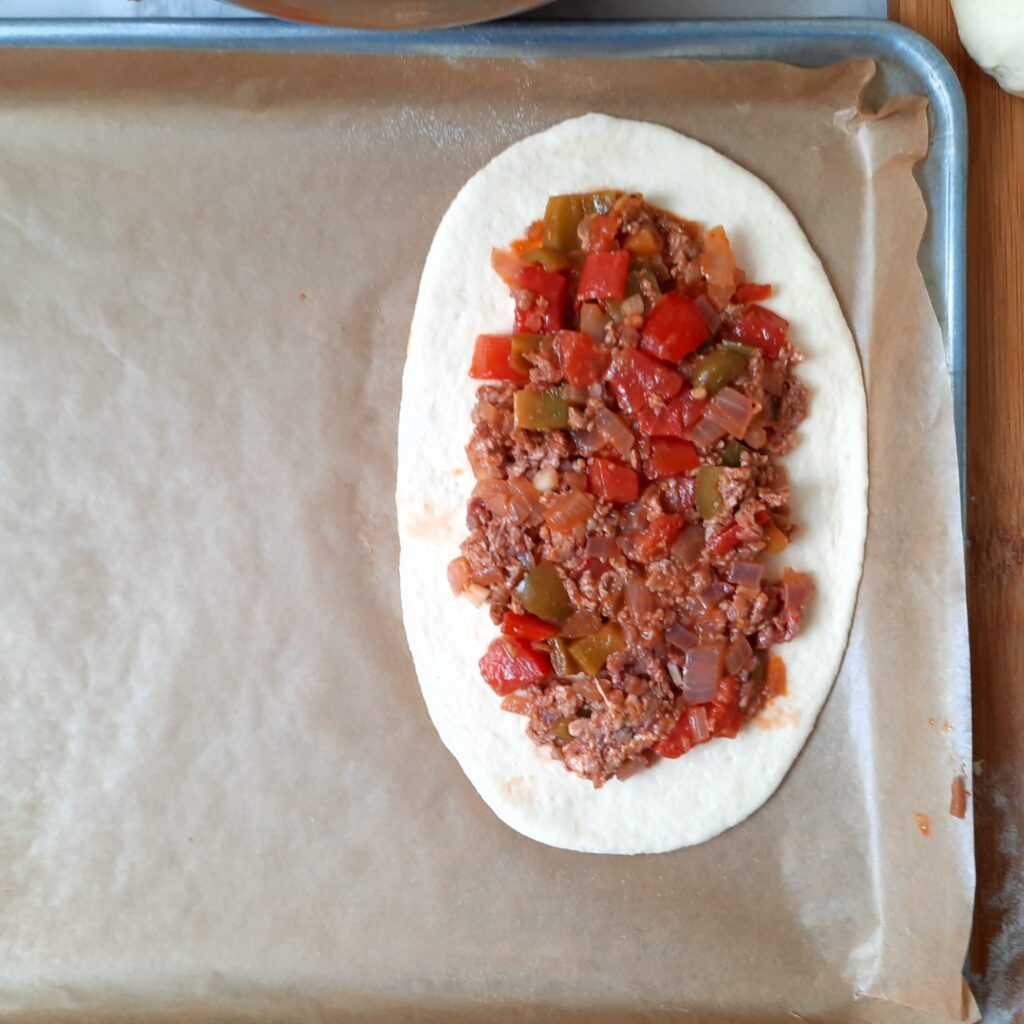
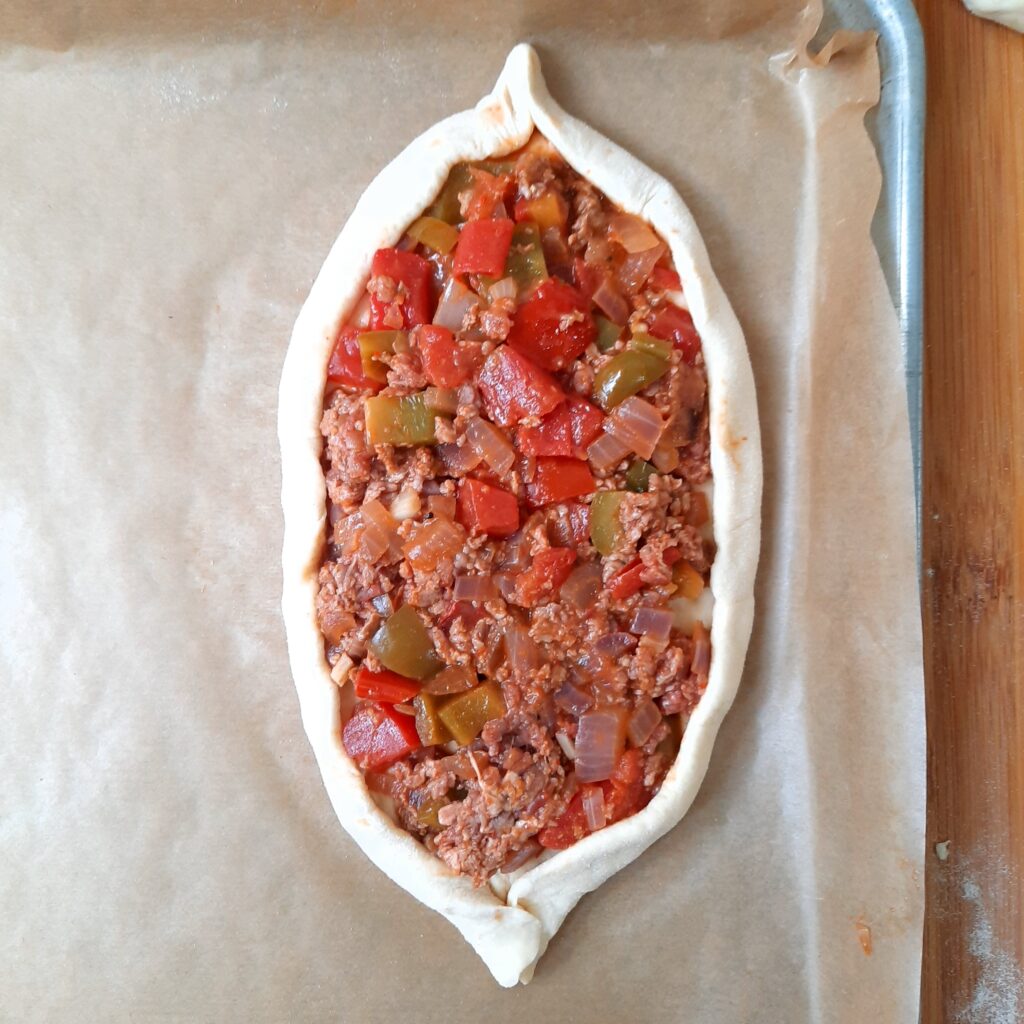
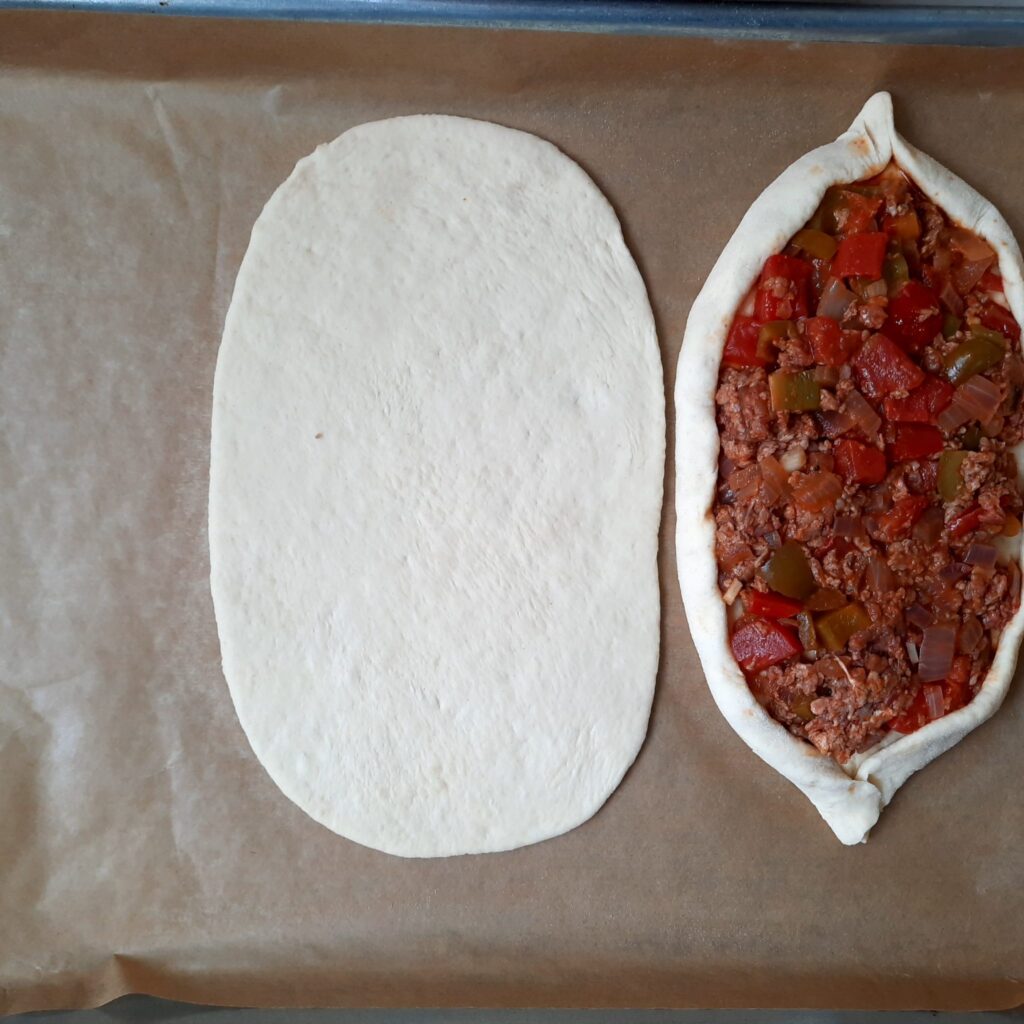
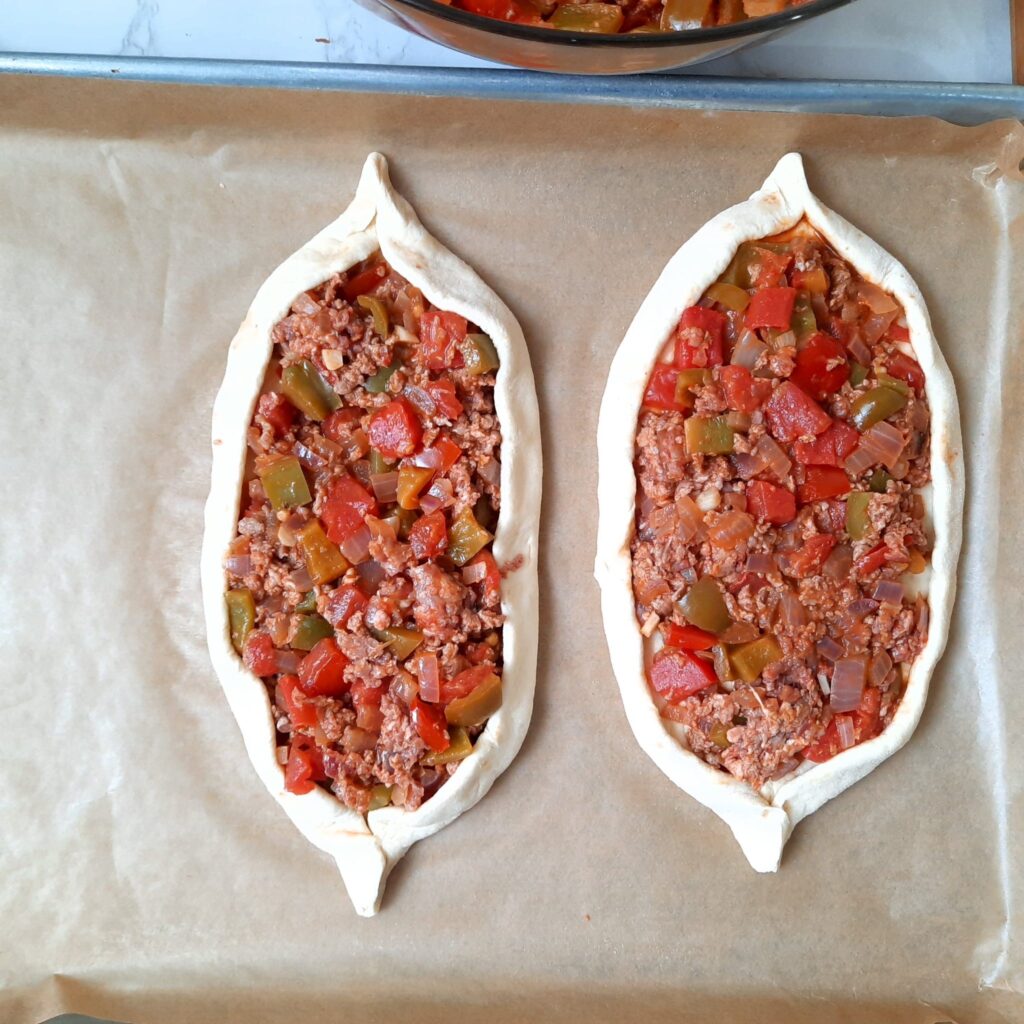
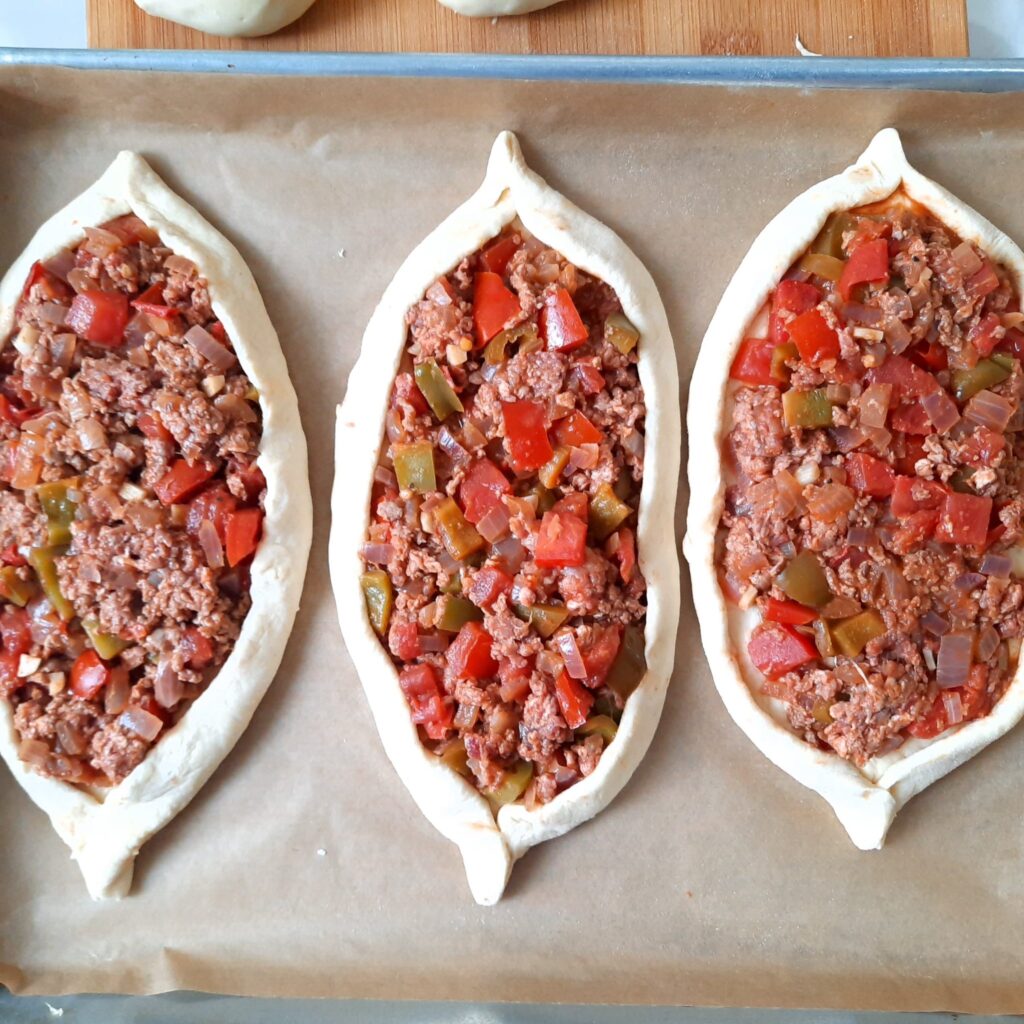
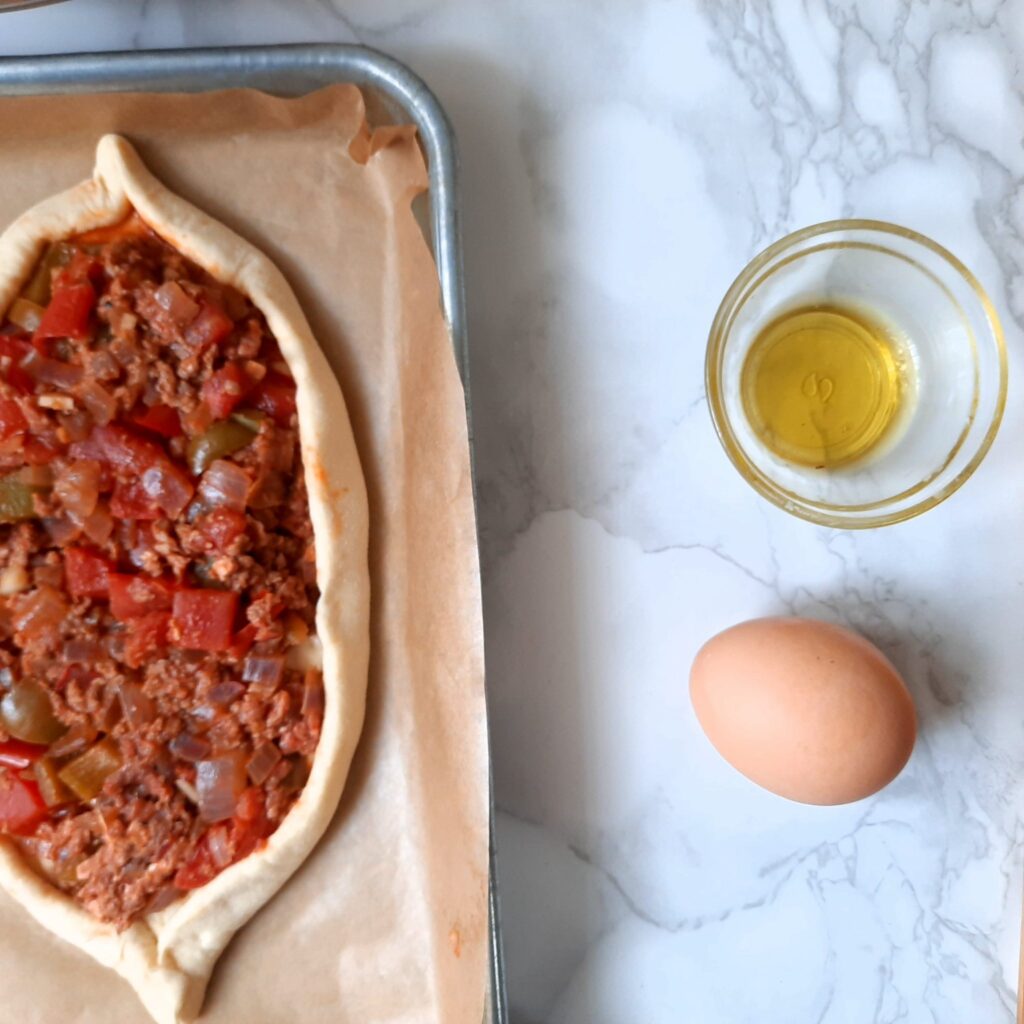
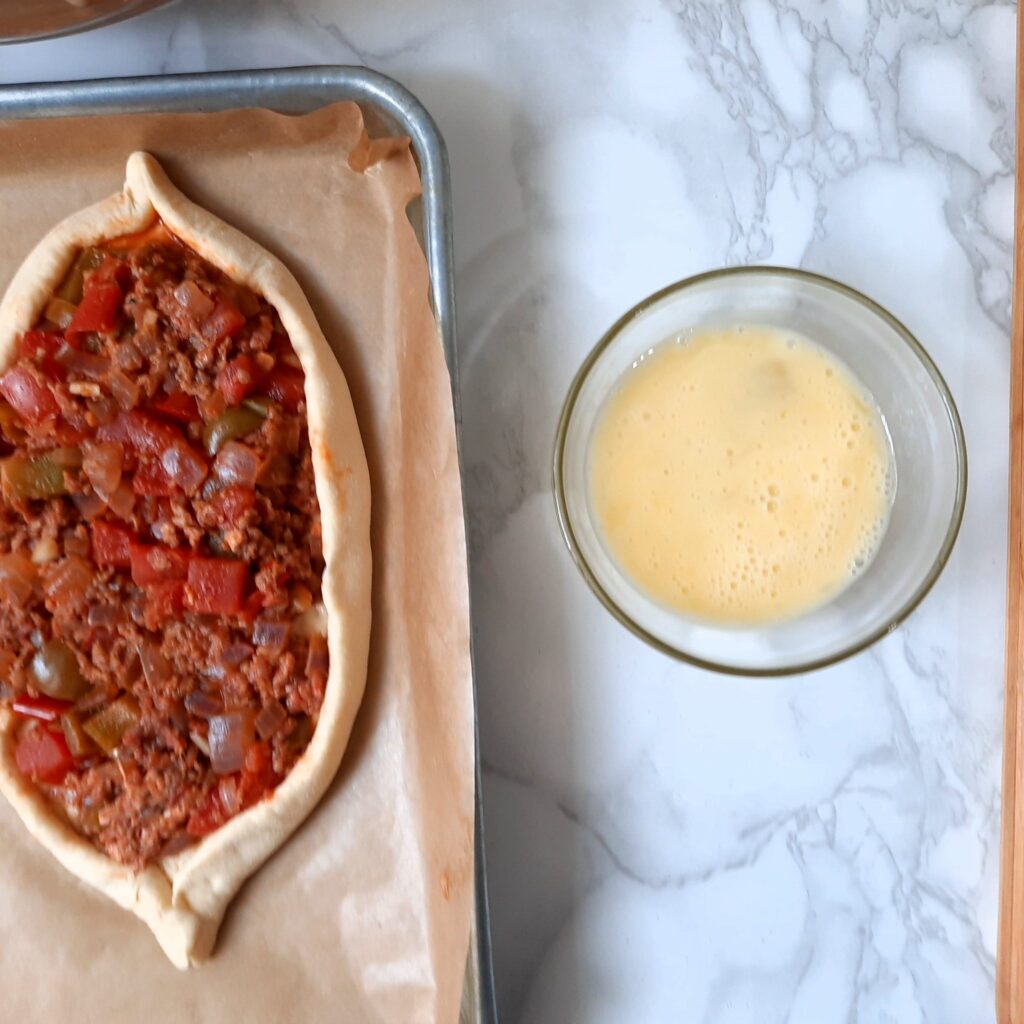
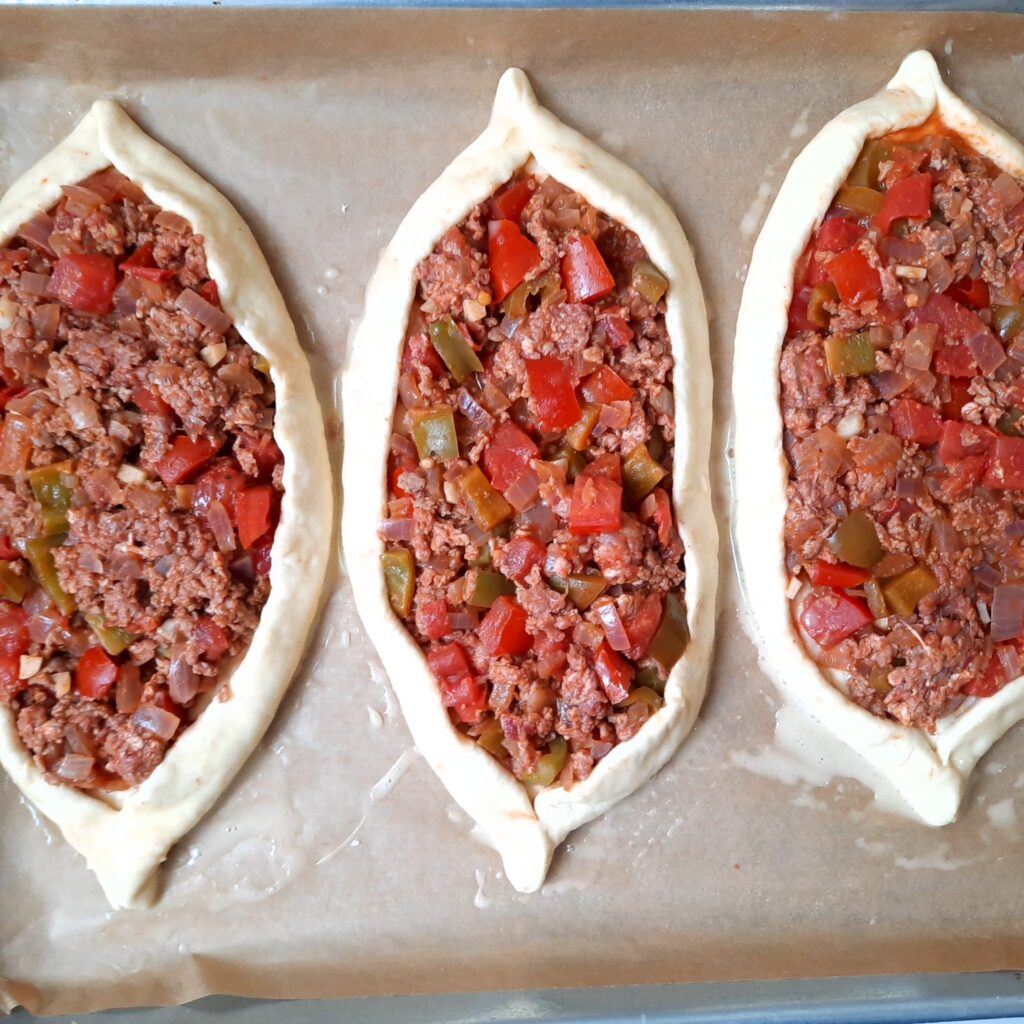
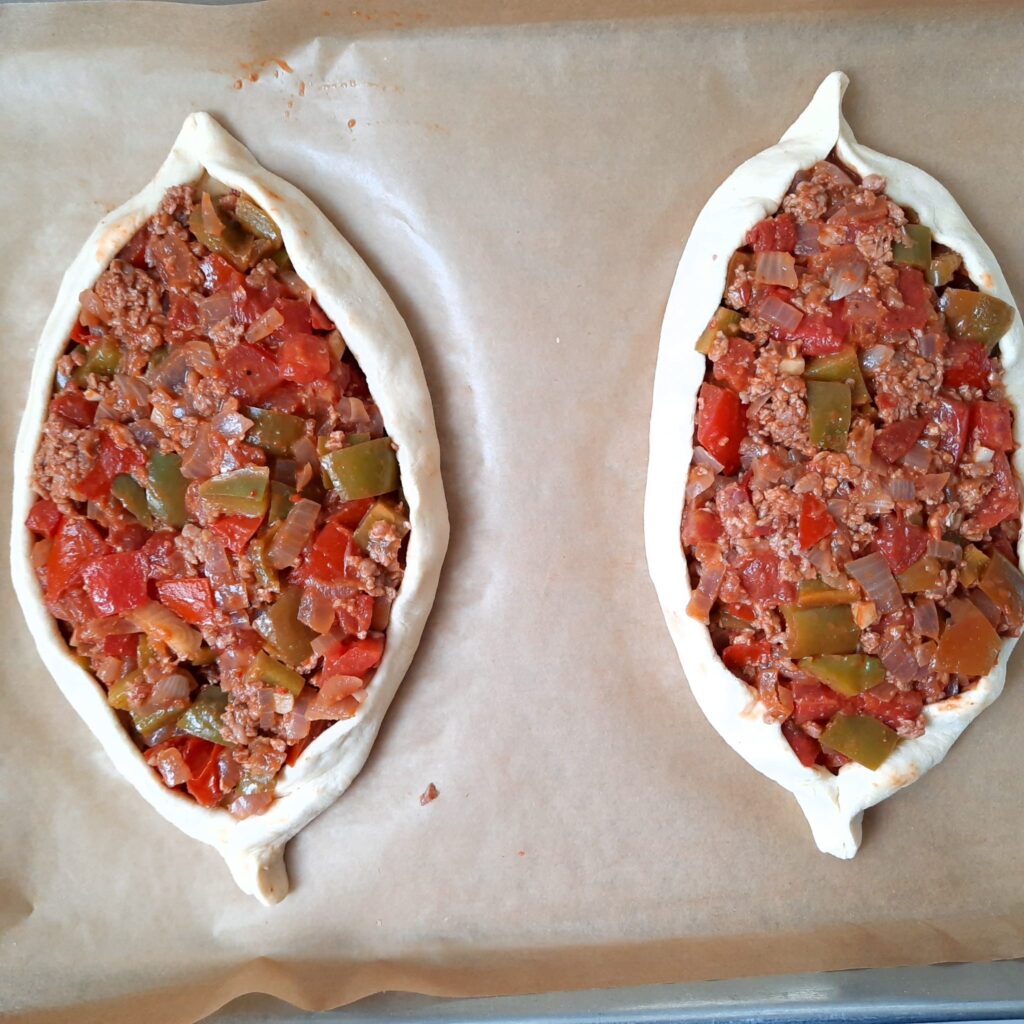
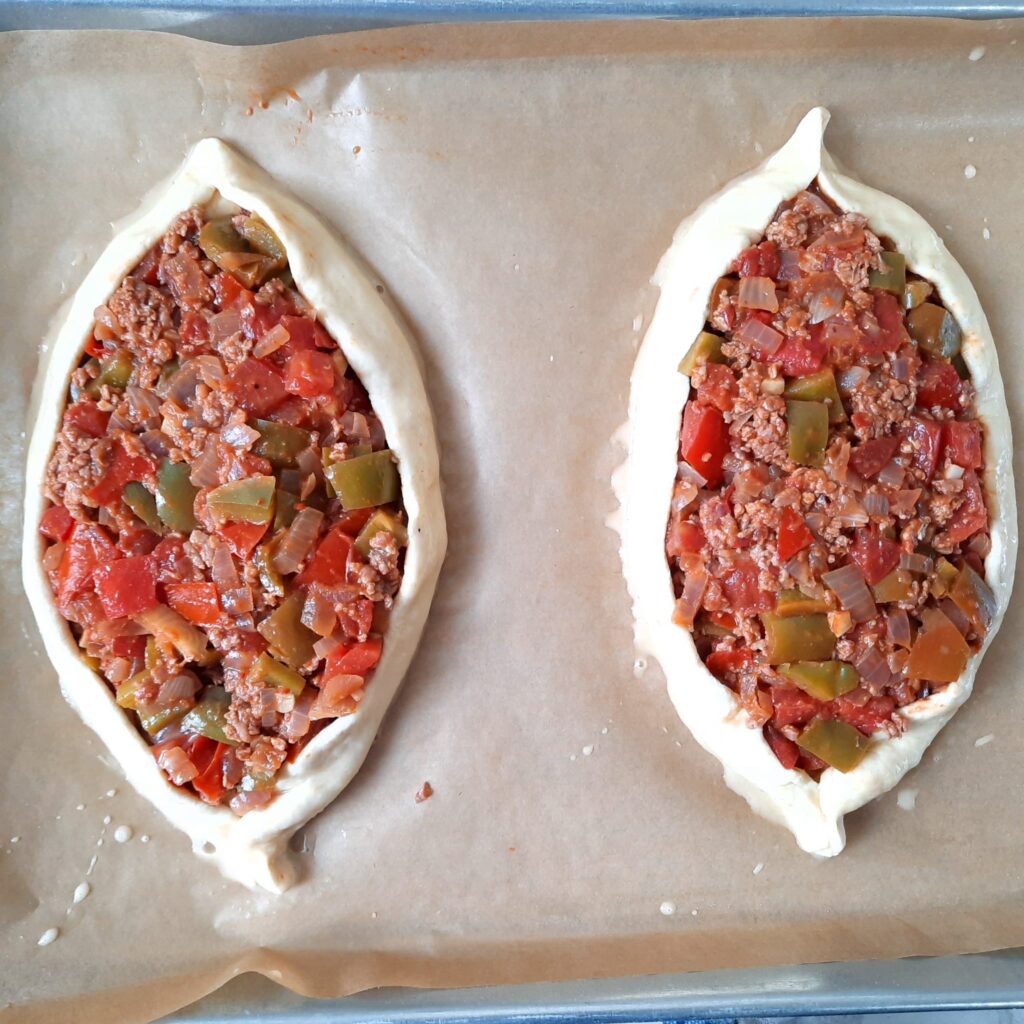
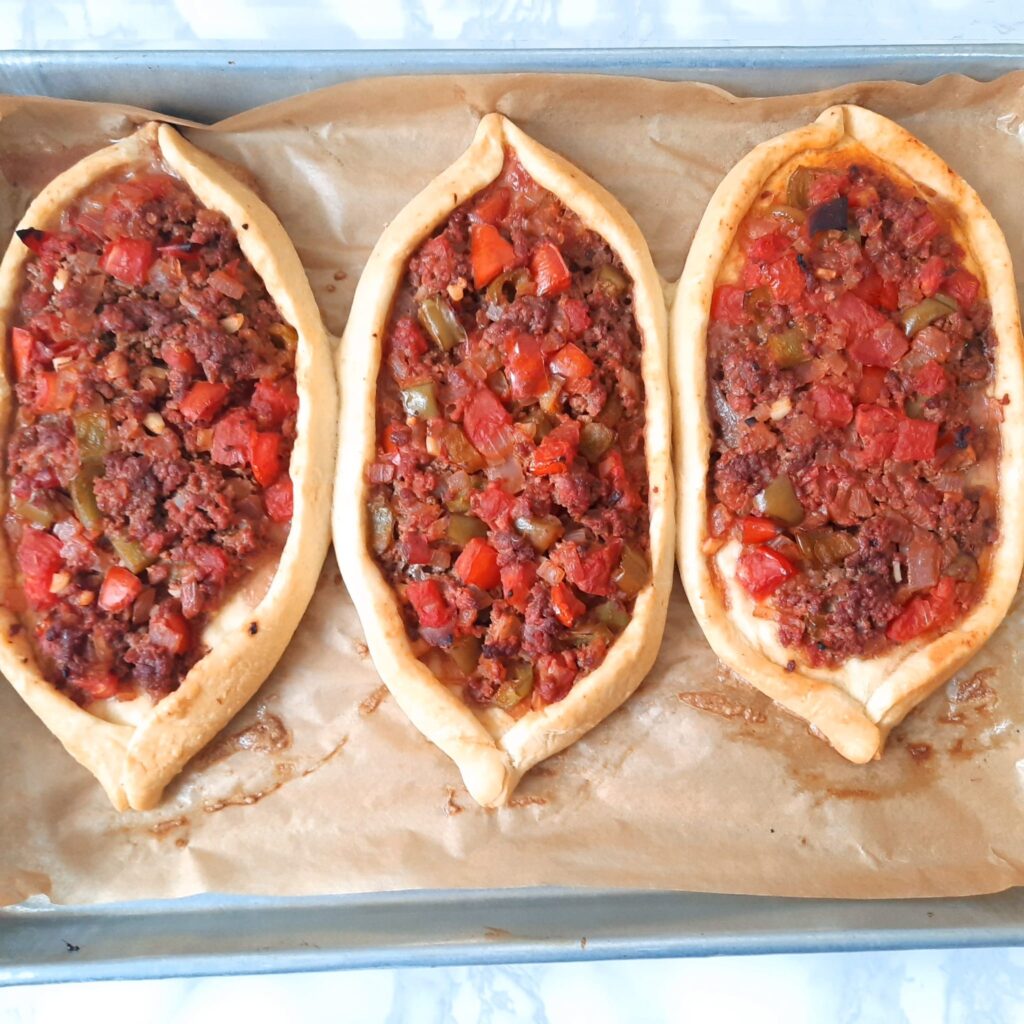

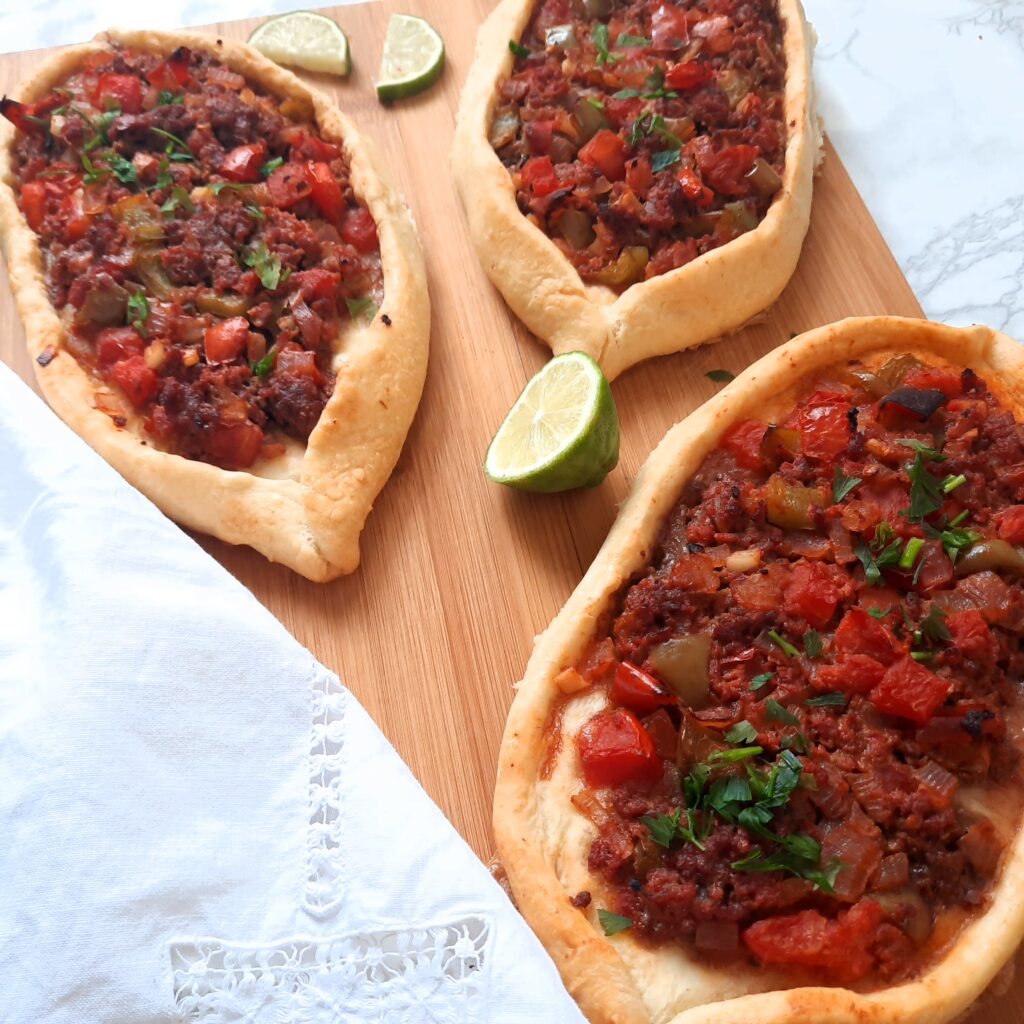
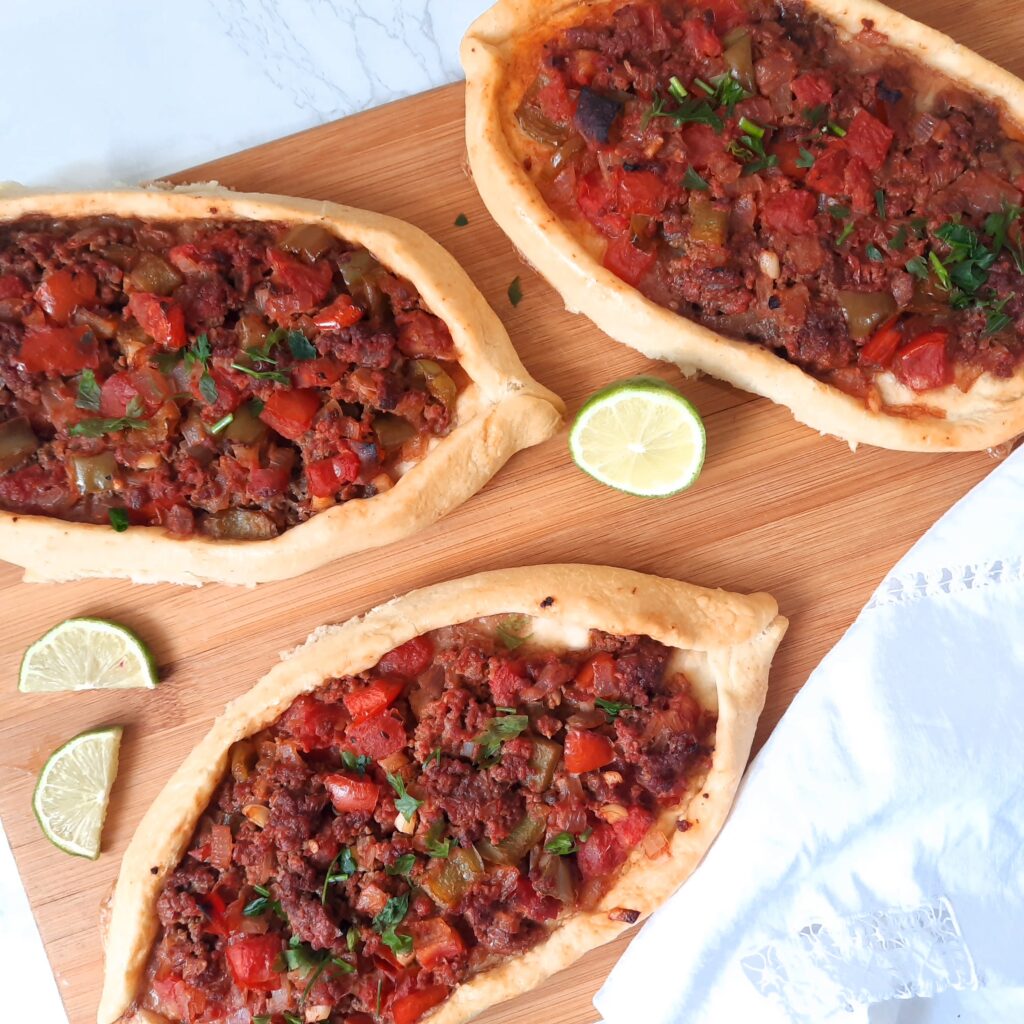
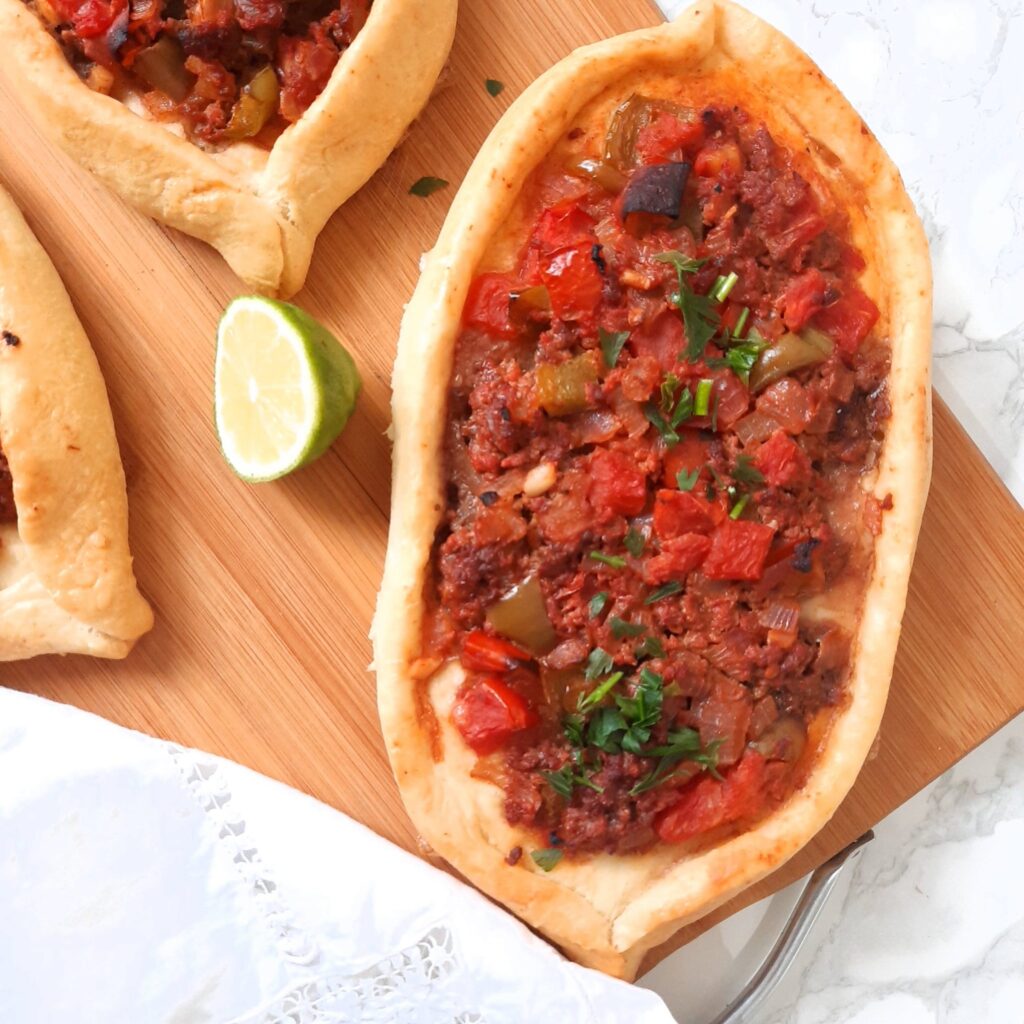
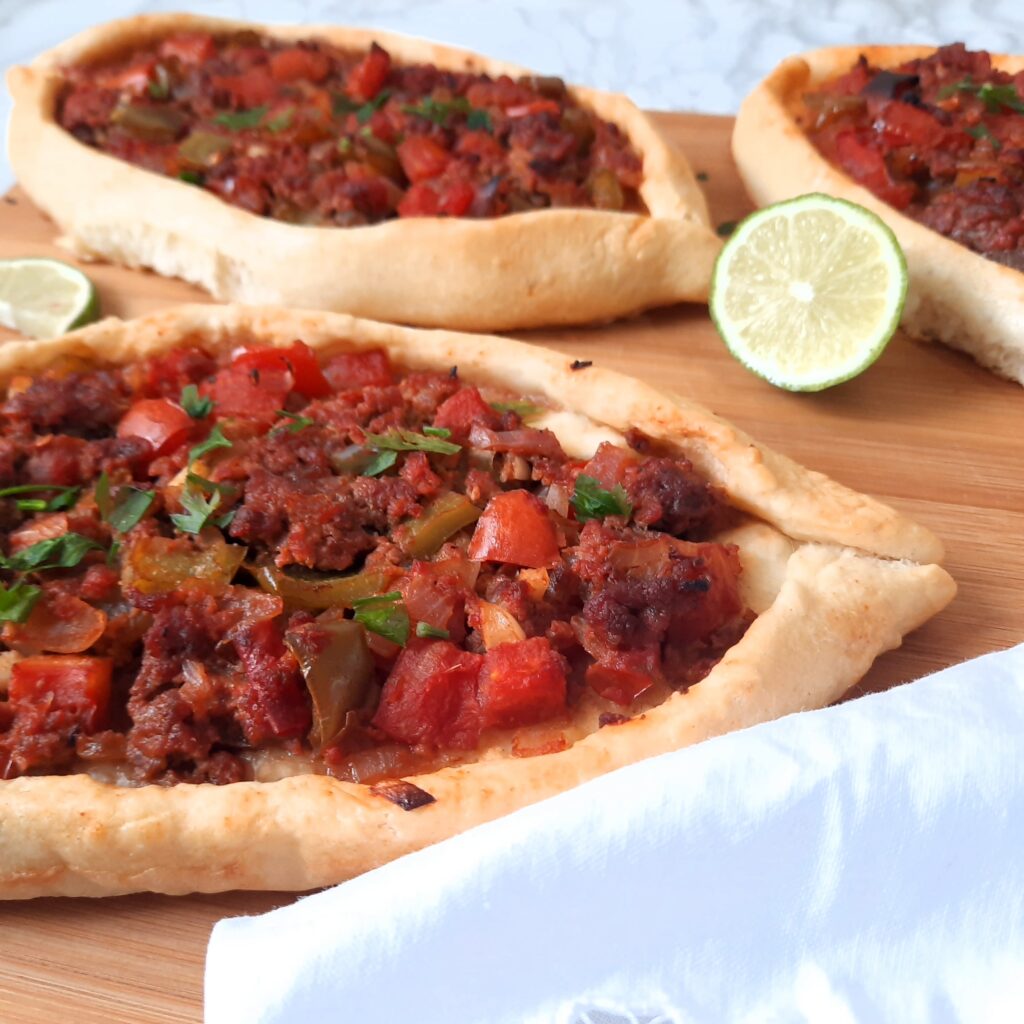
Sources: 1. Pita. www.wikipedia.org 2. Move, over pizza: it's all about Turkish pide now. www.telegraph.co.uk




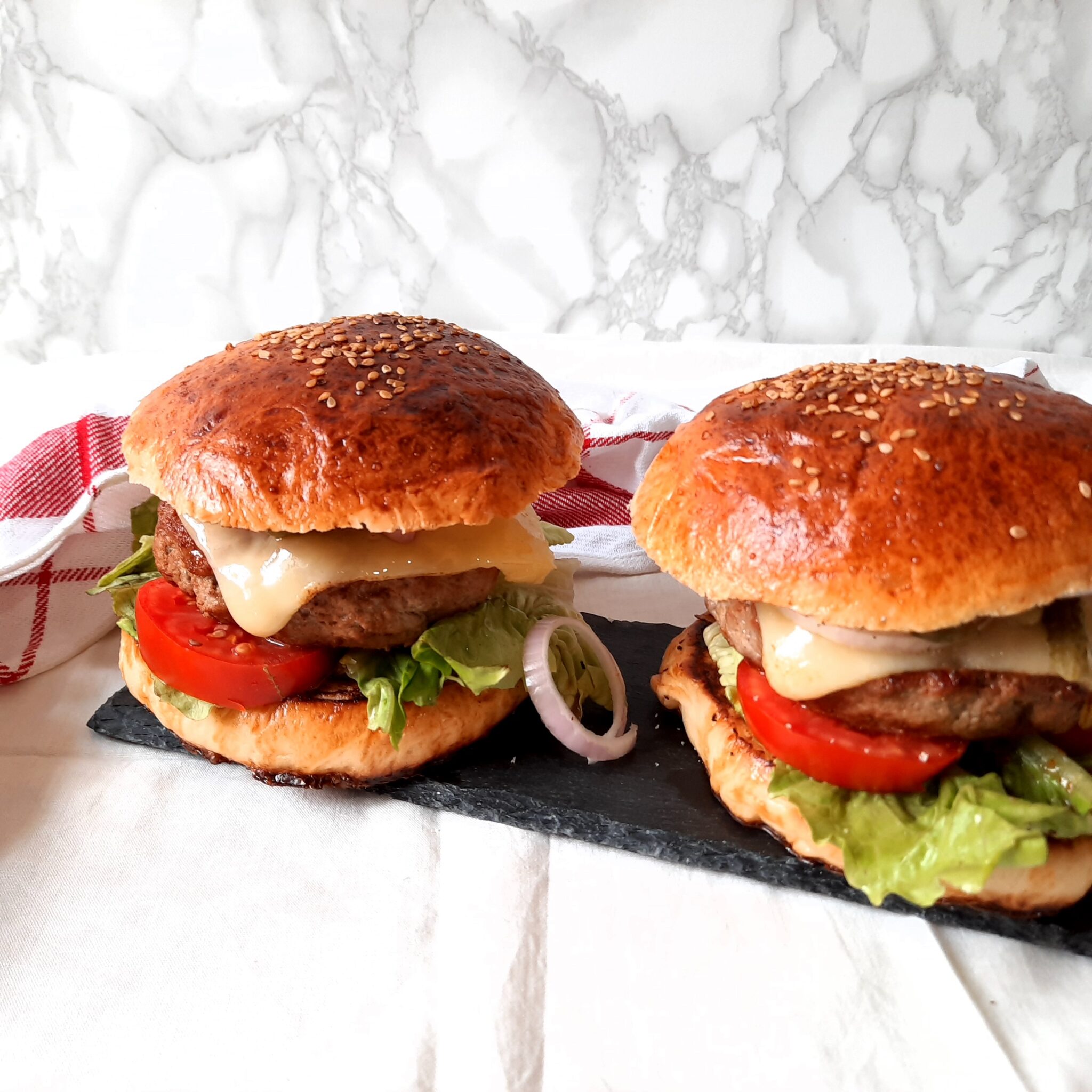

[…] Kiymali Pide; […]